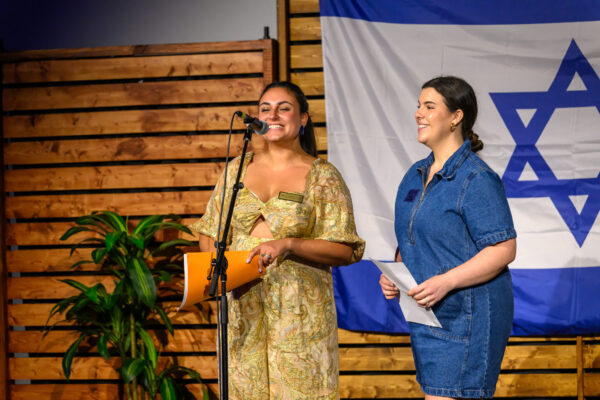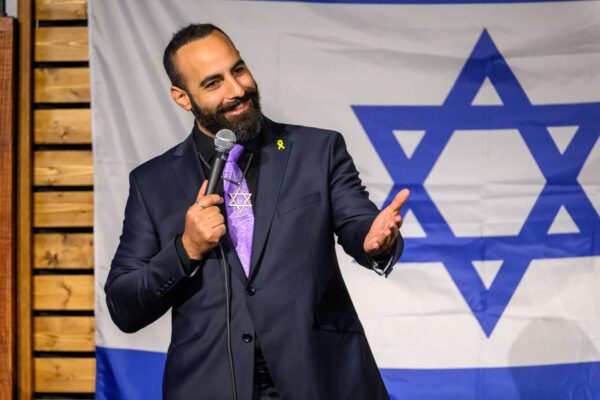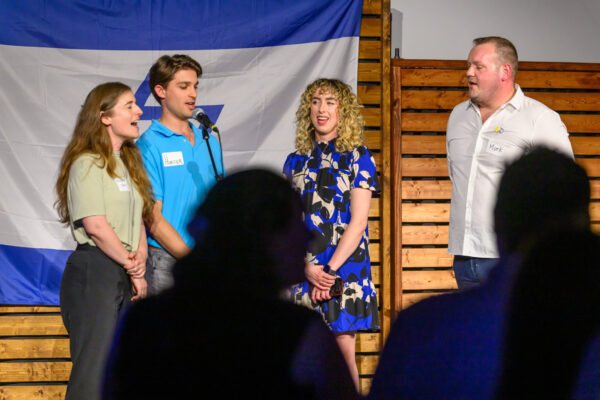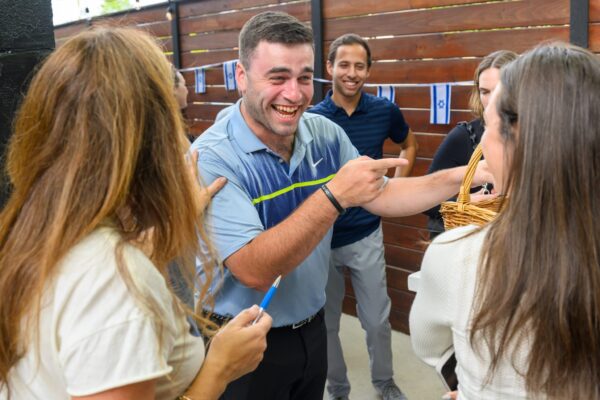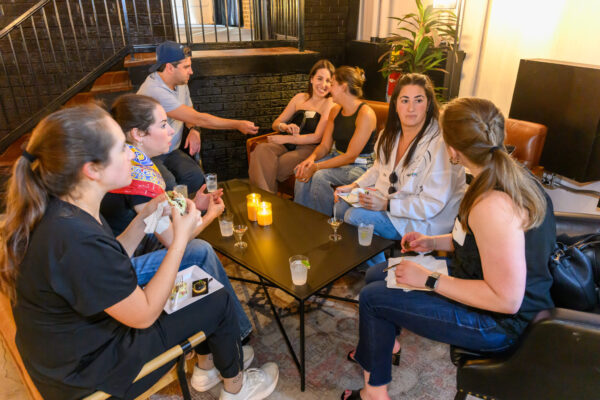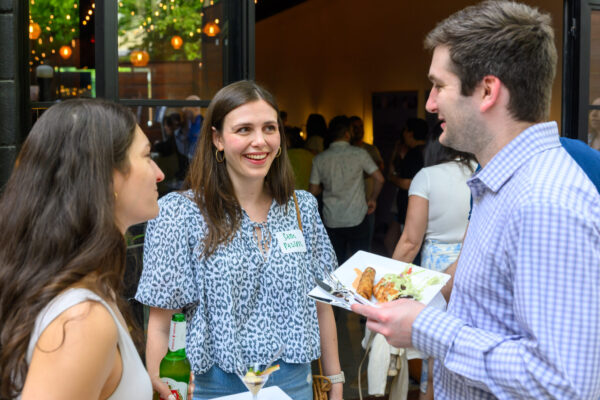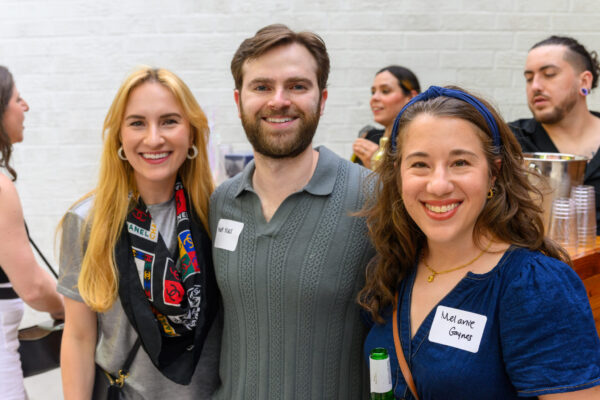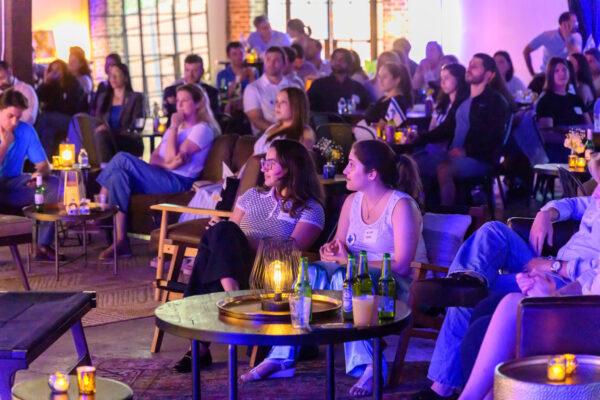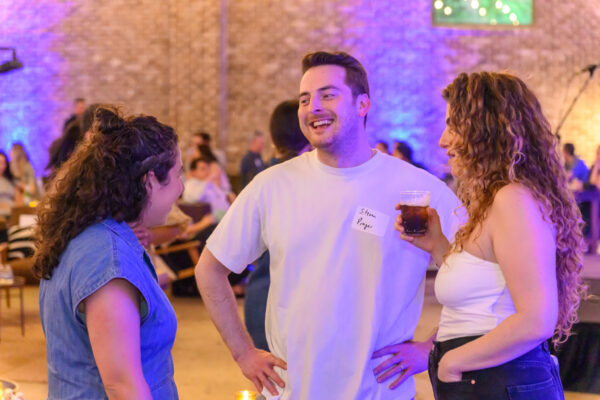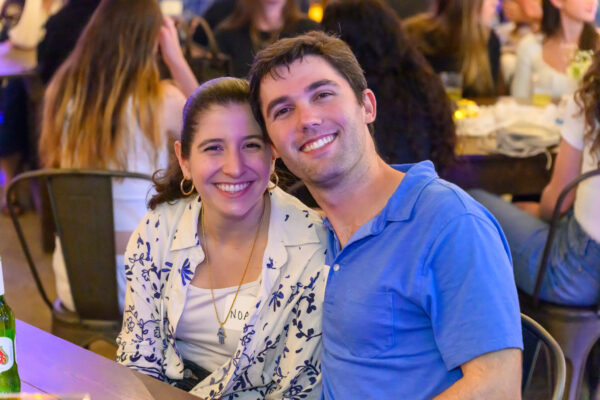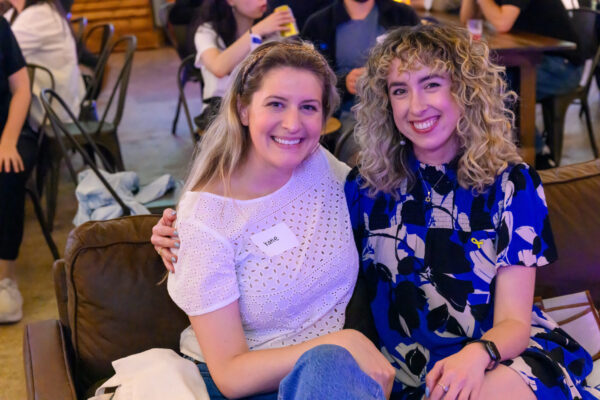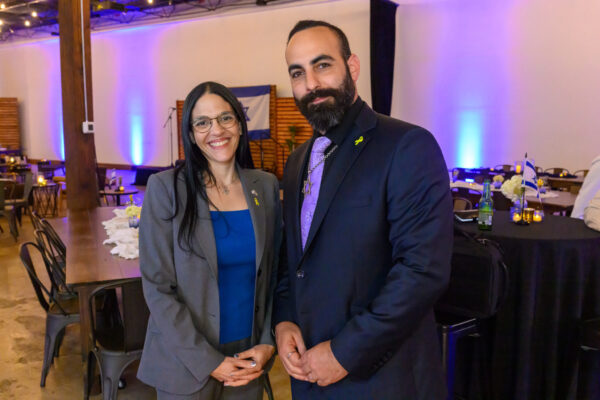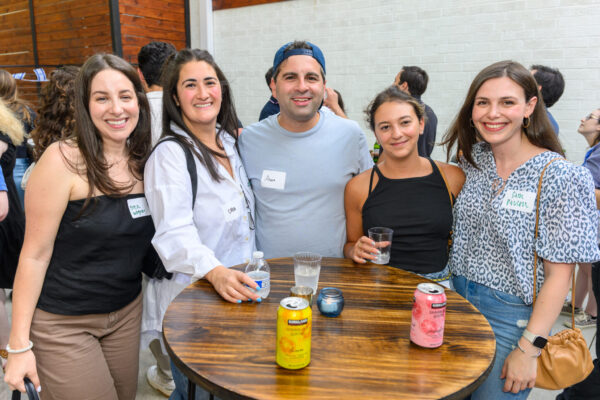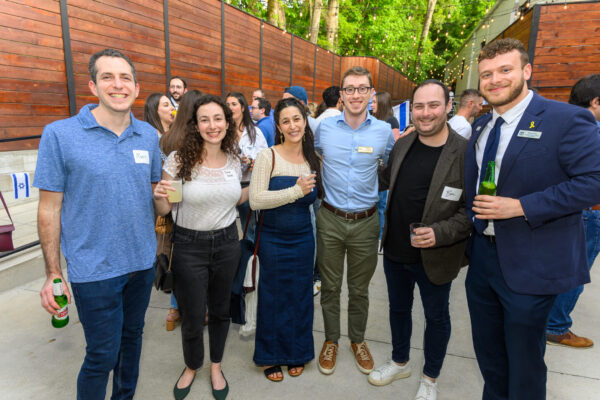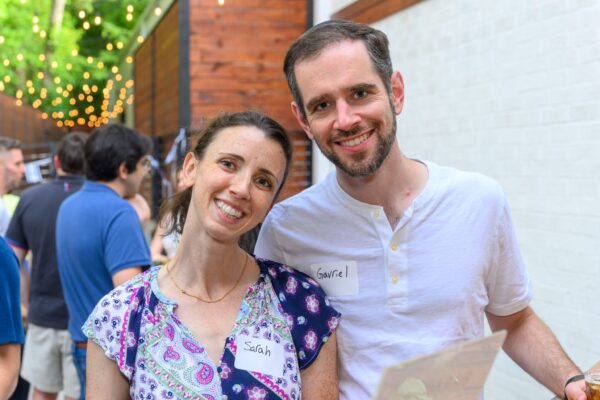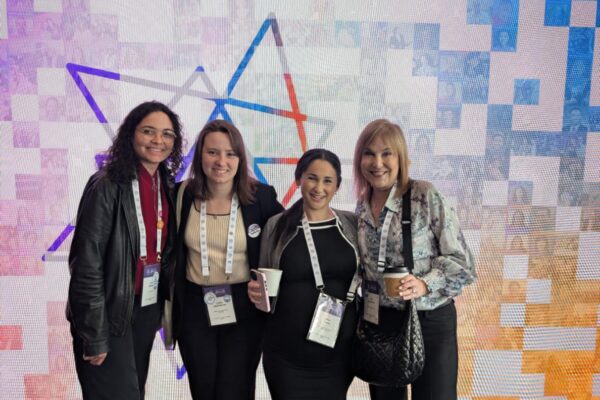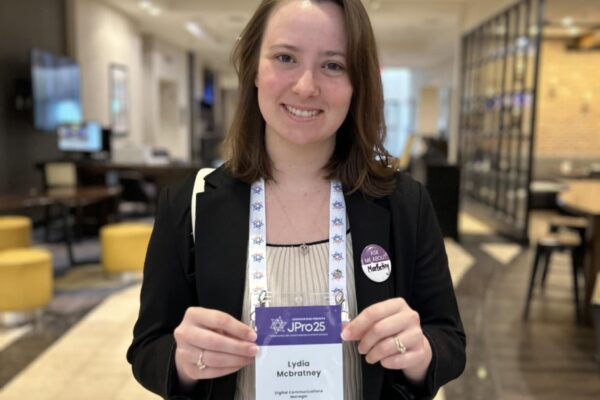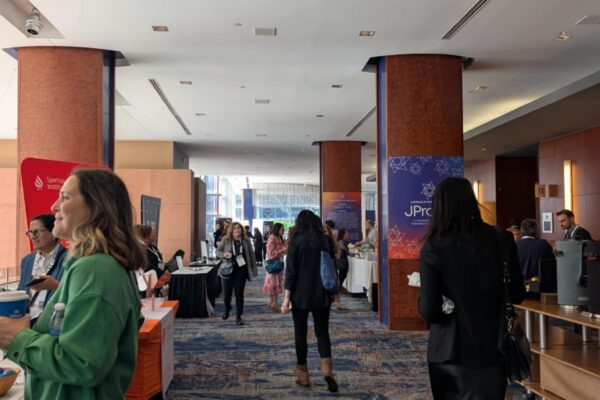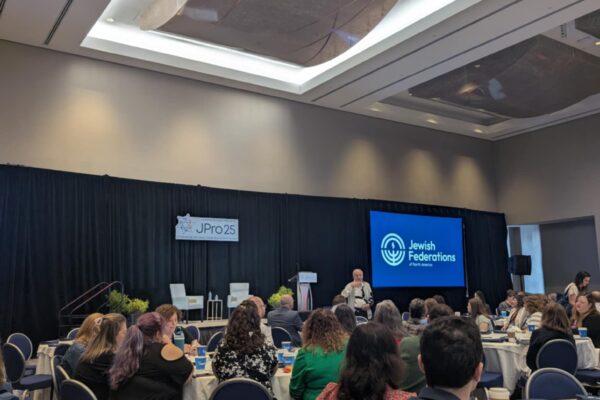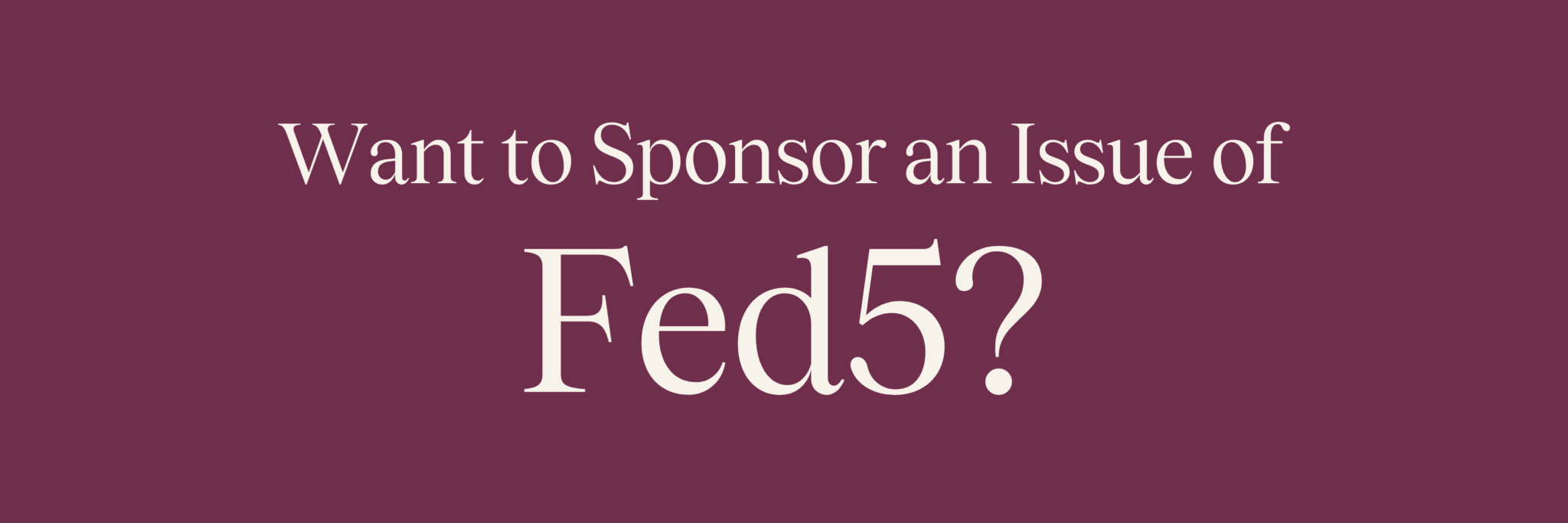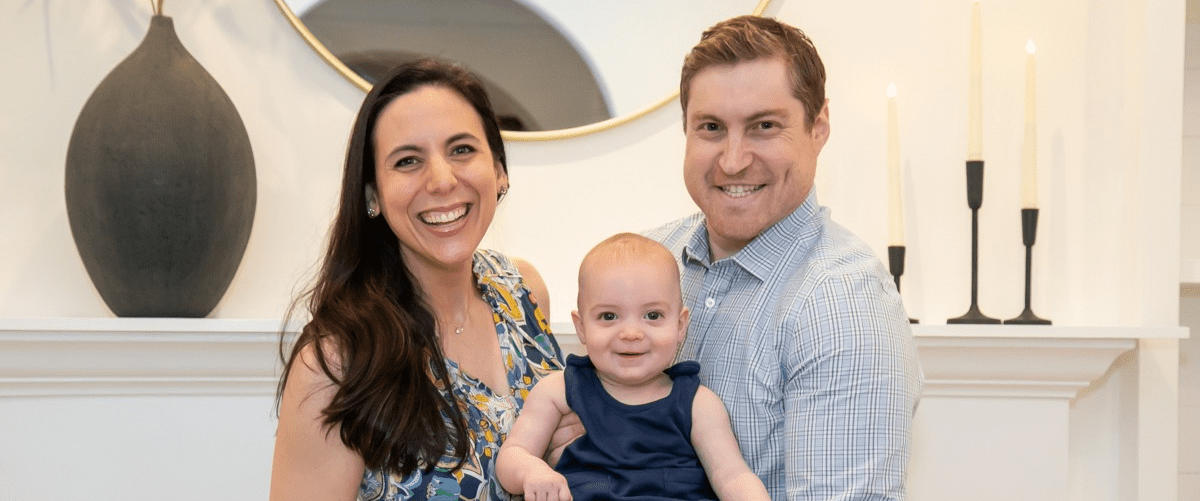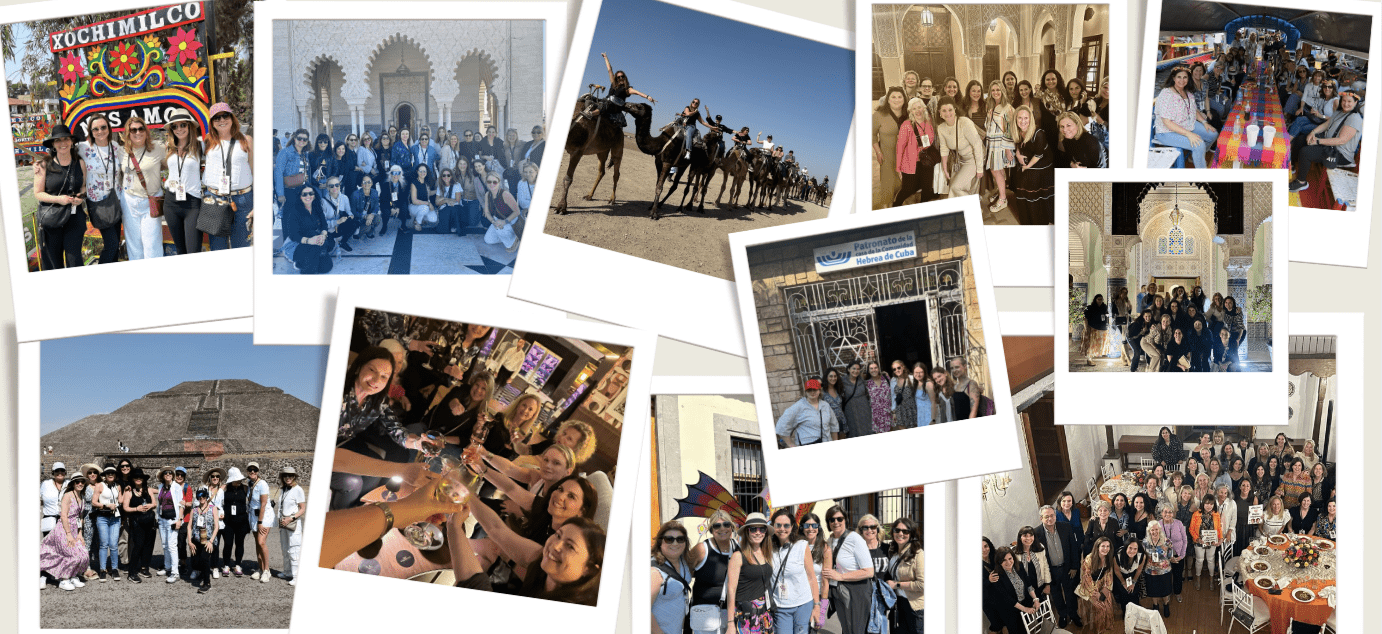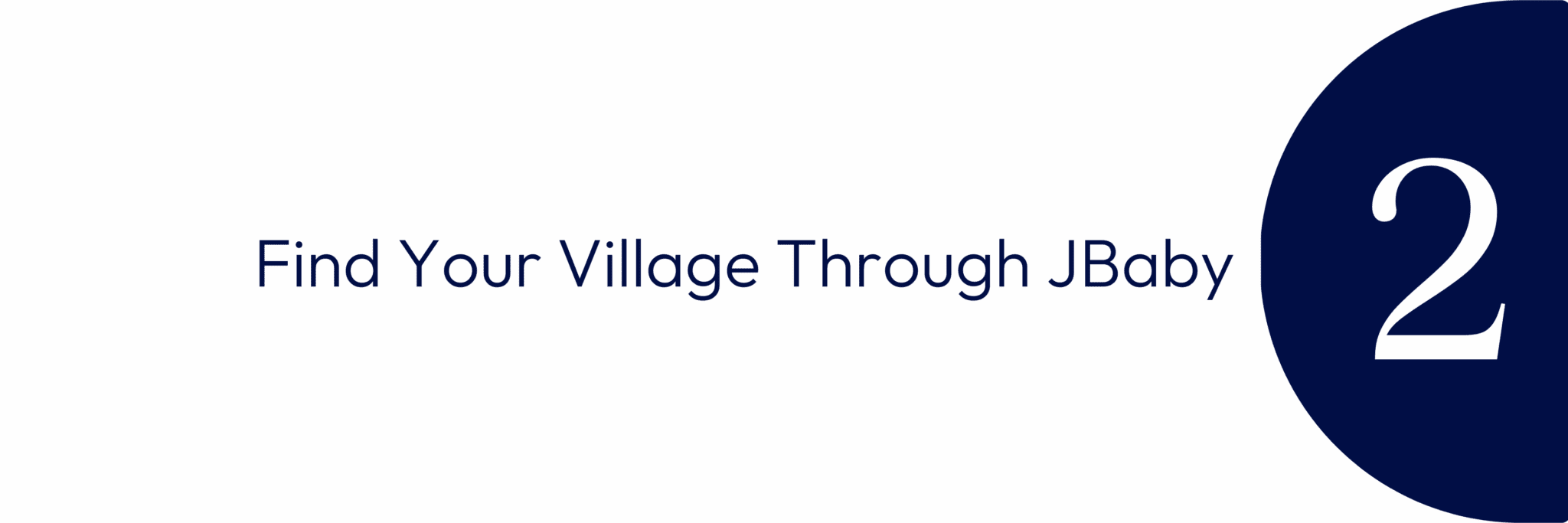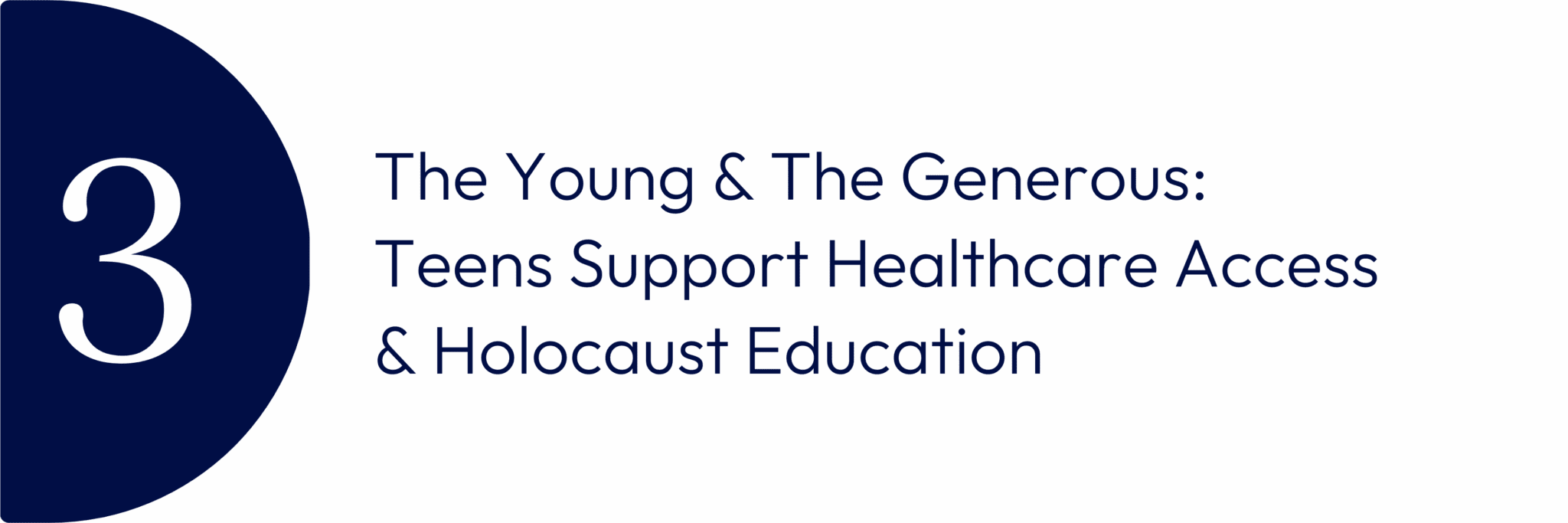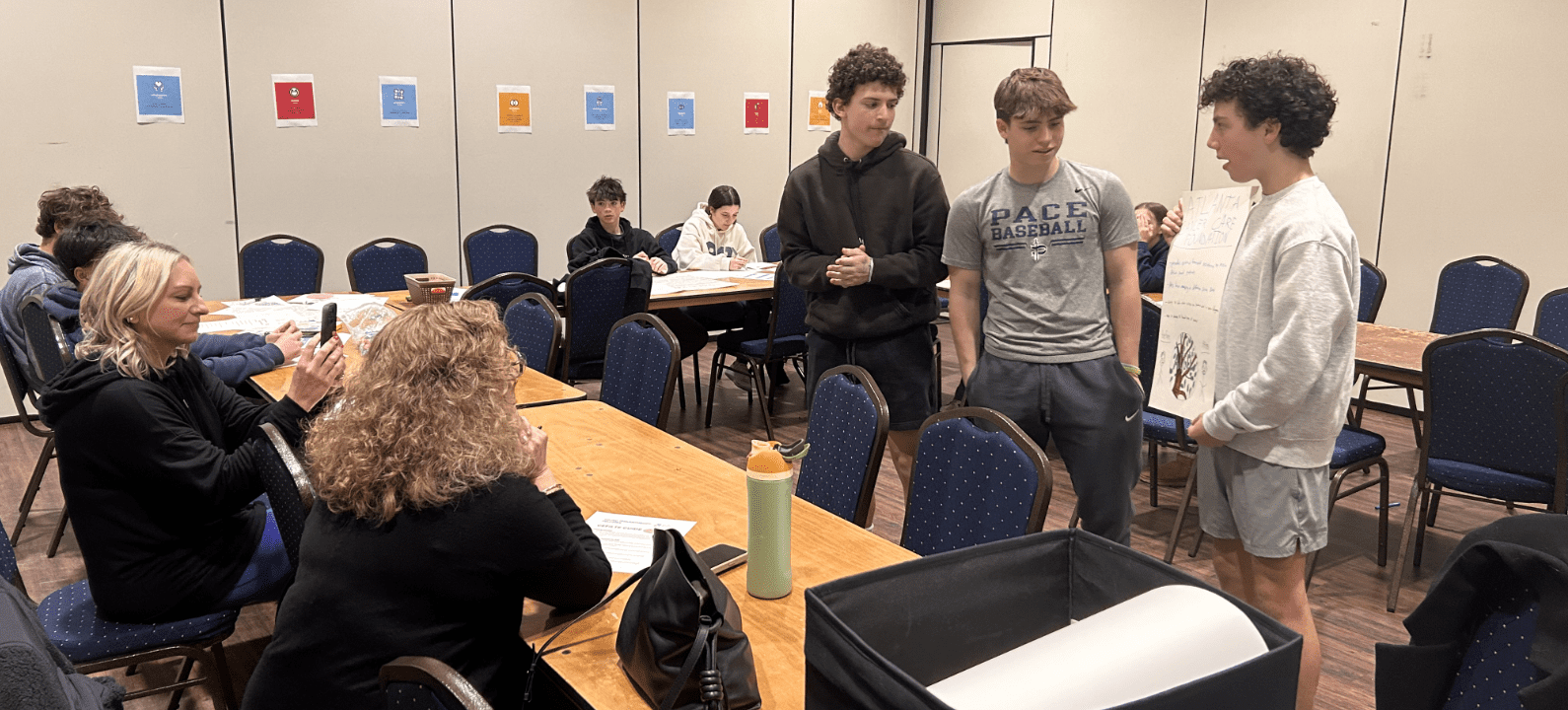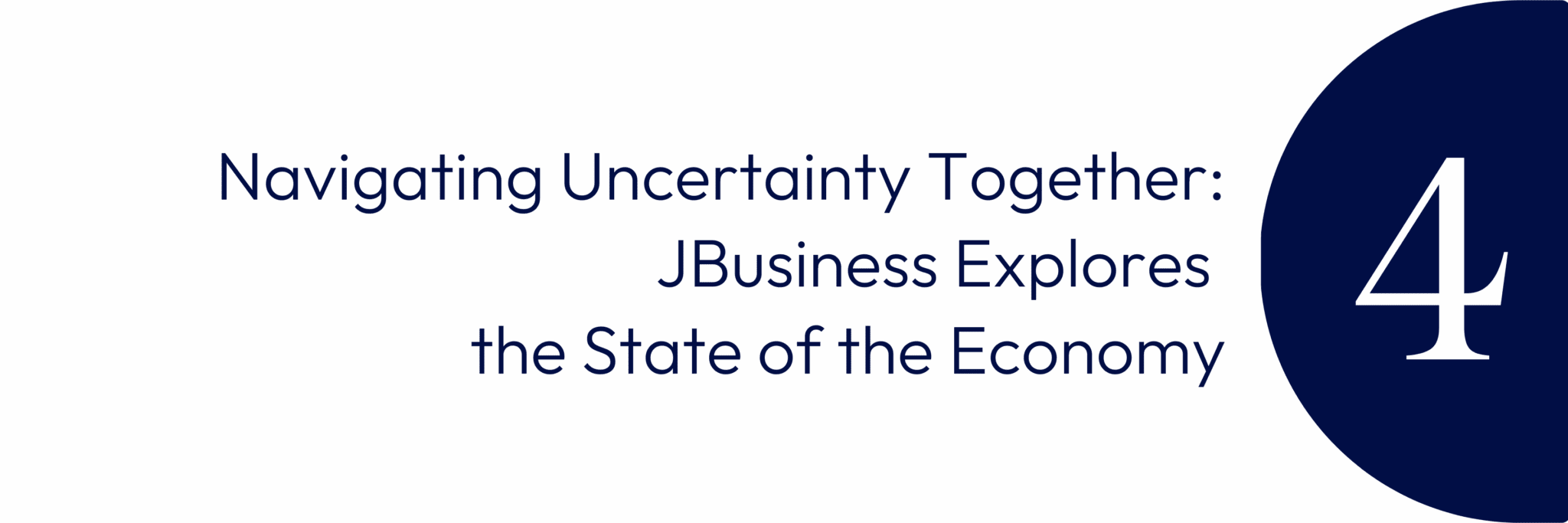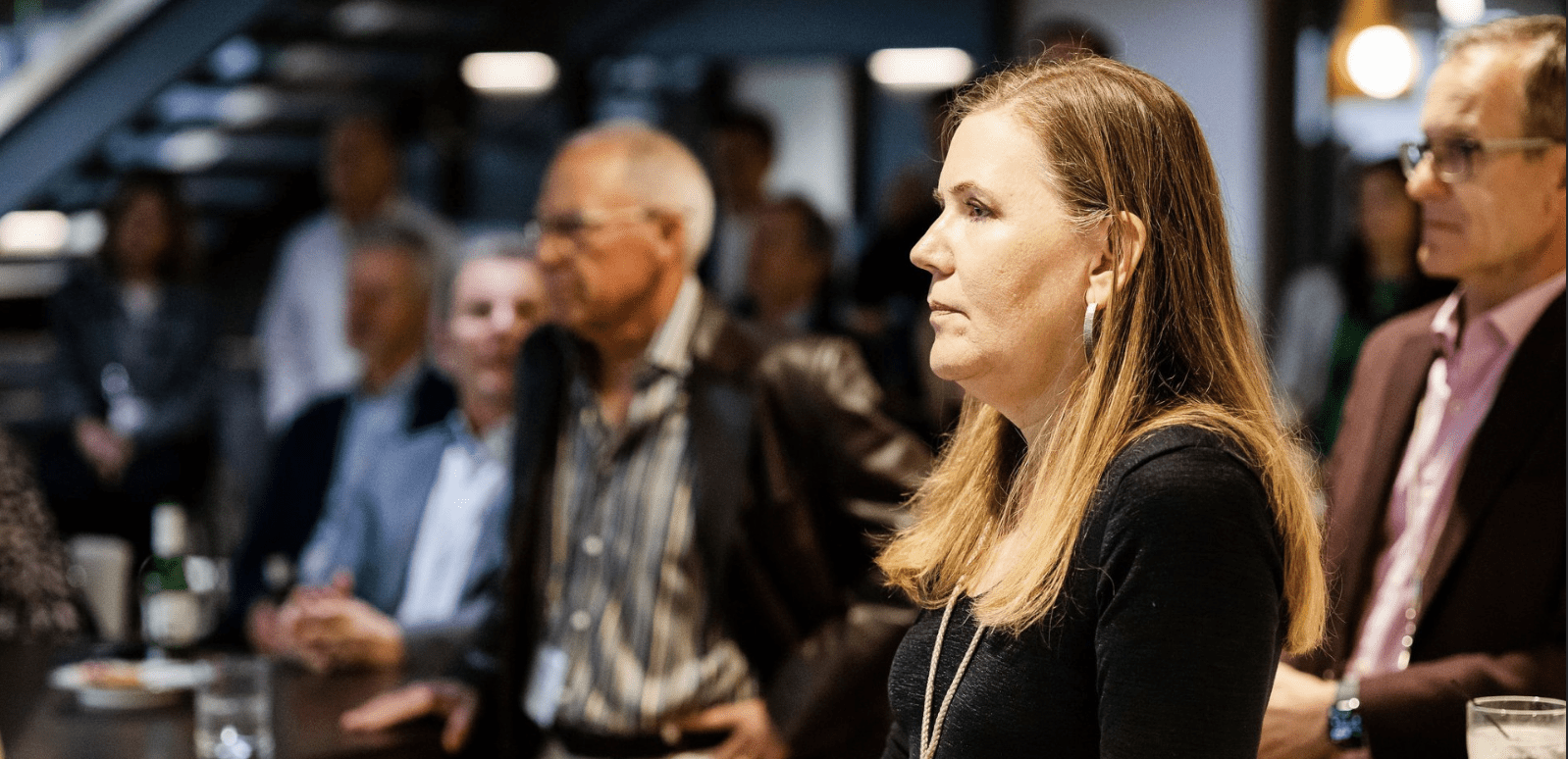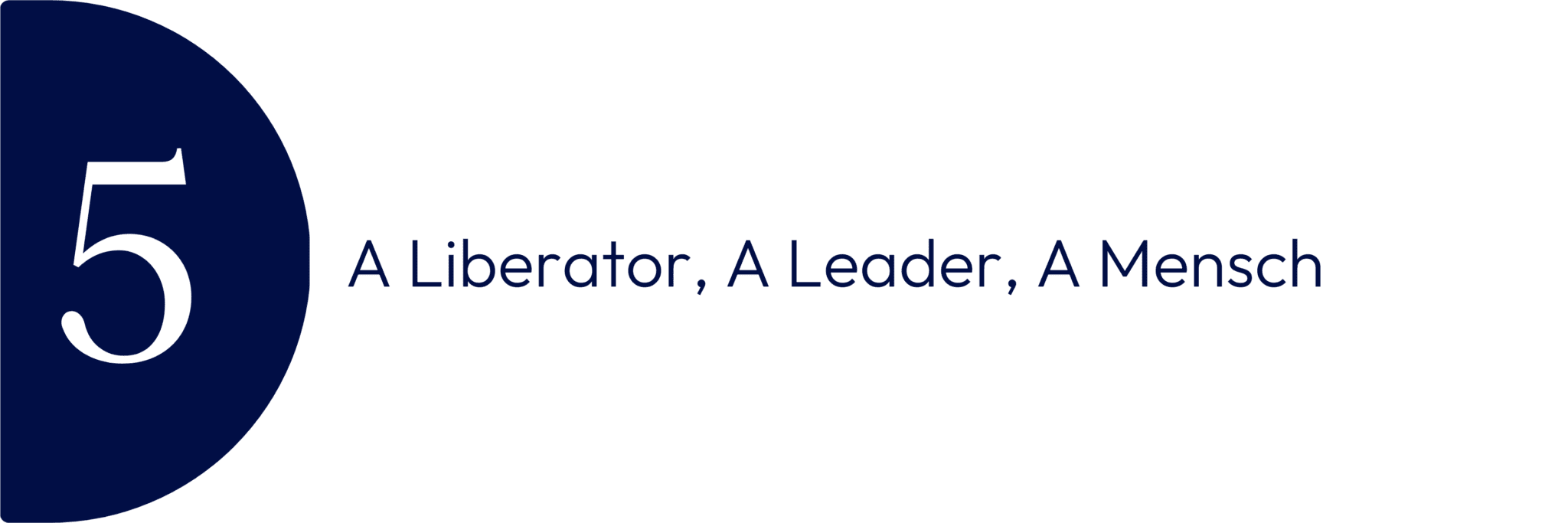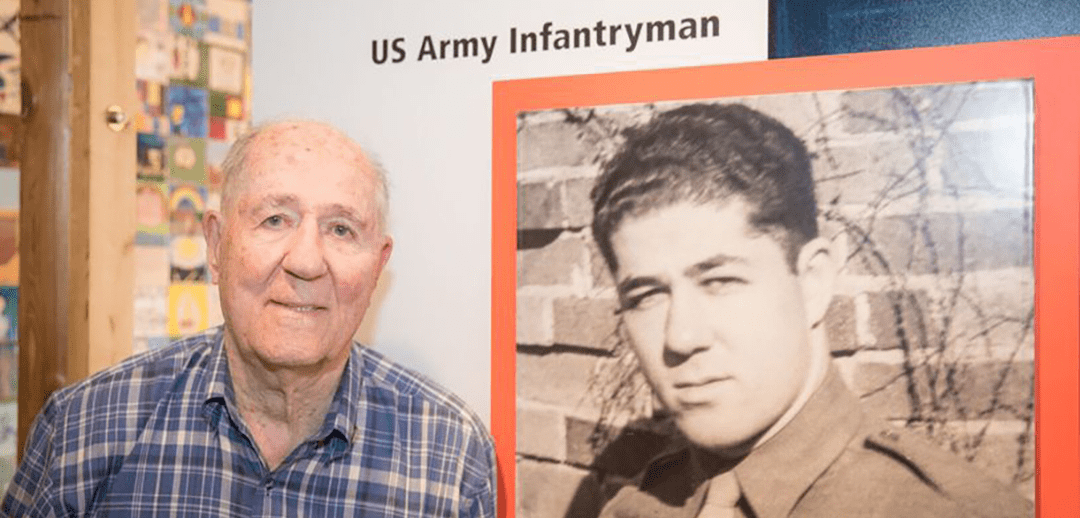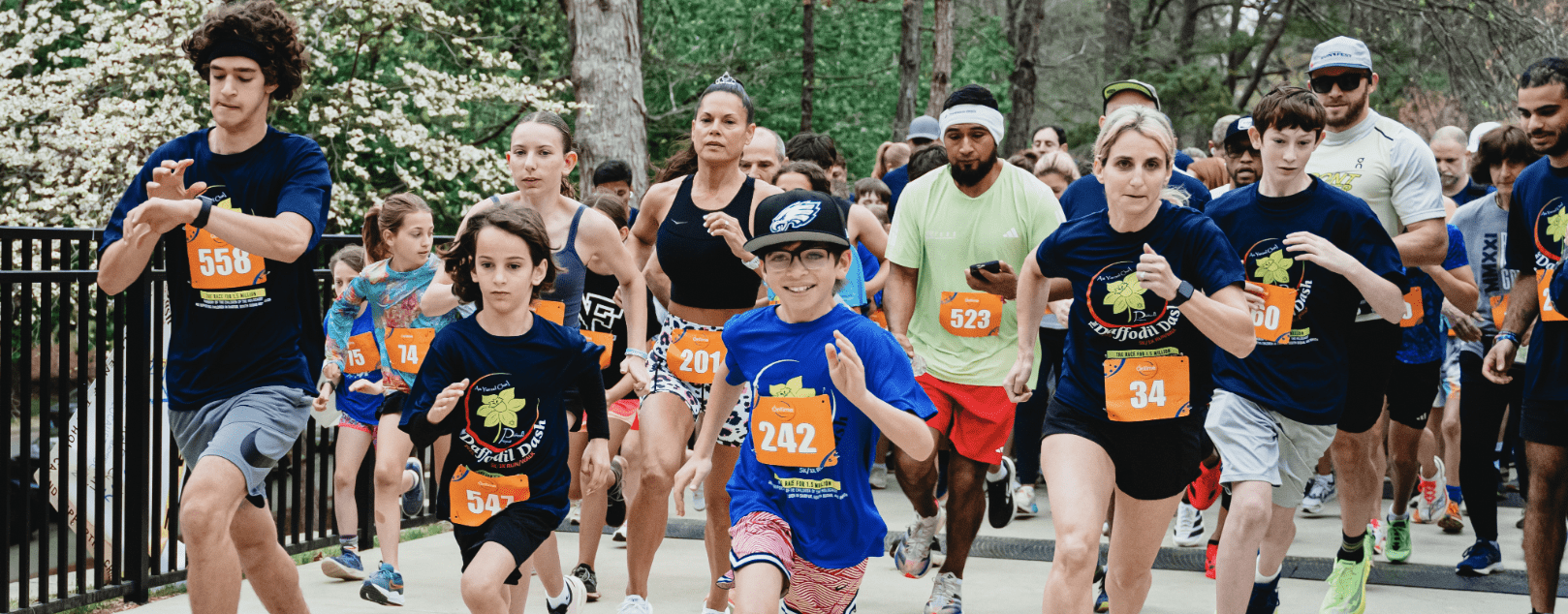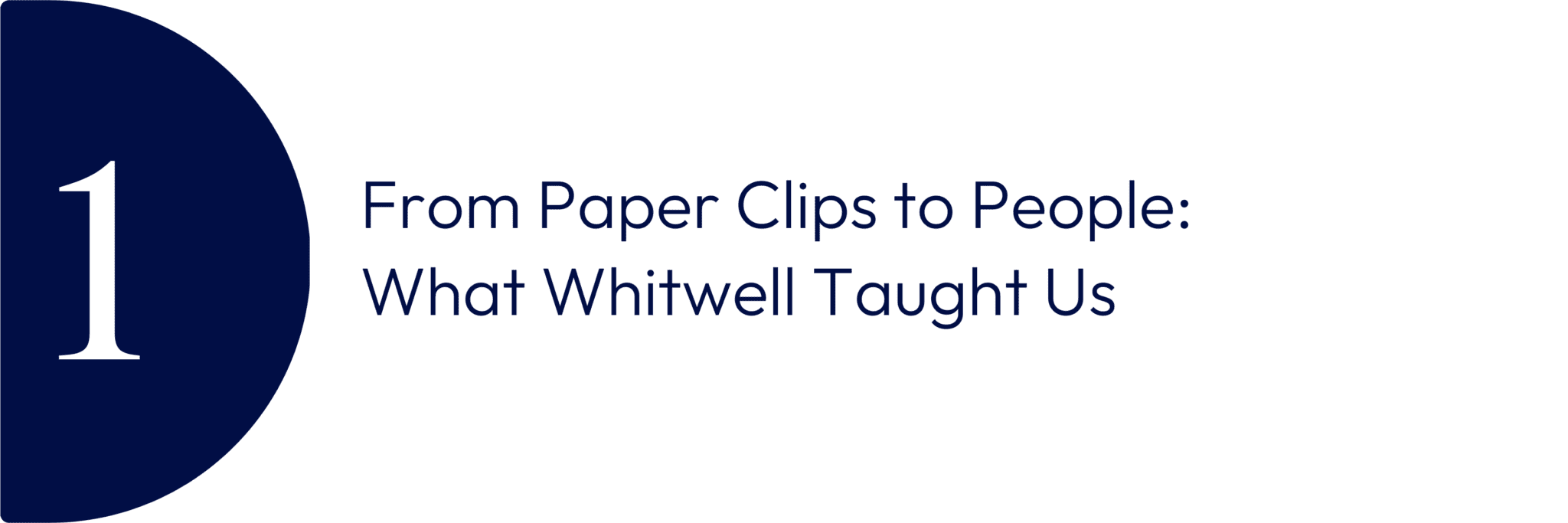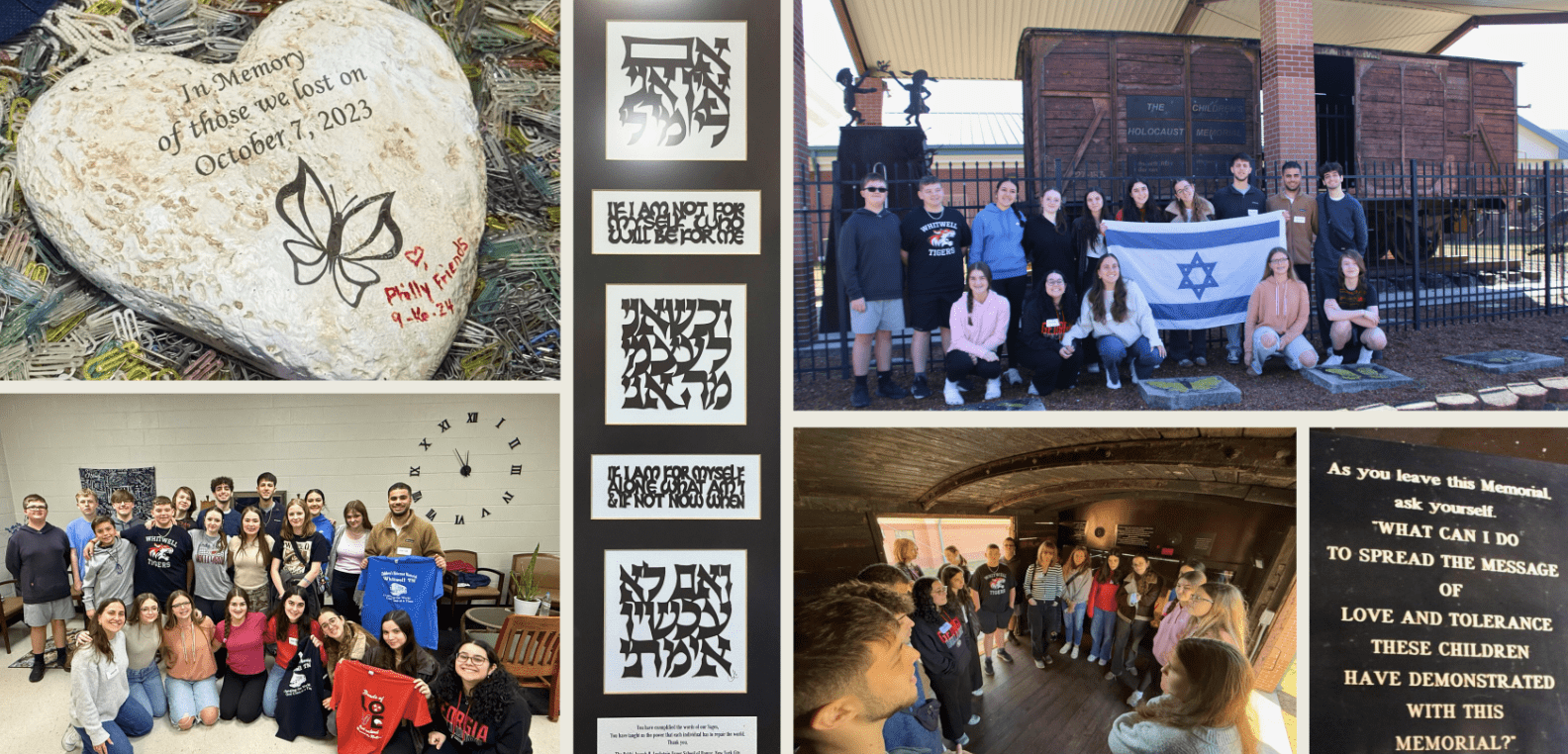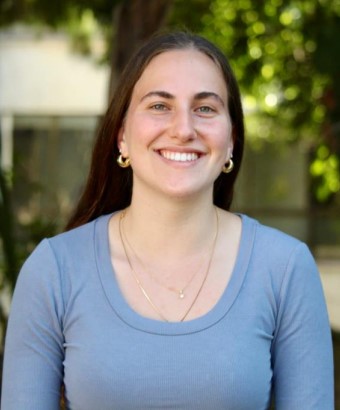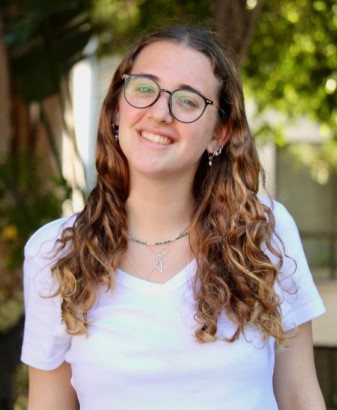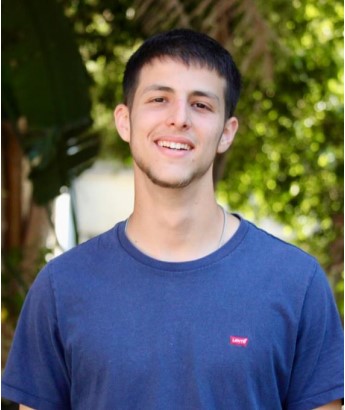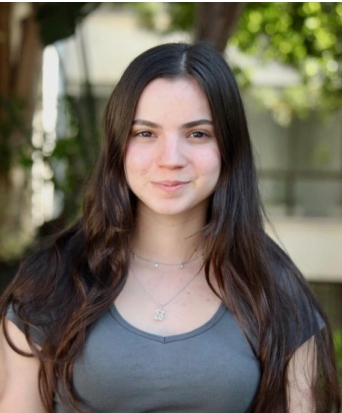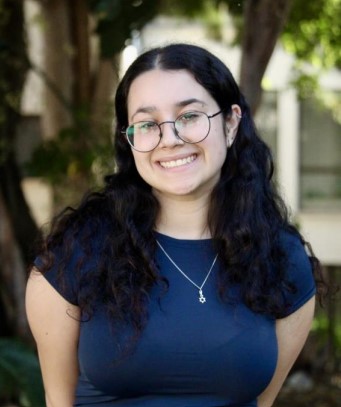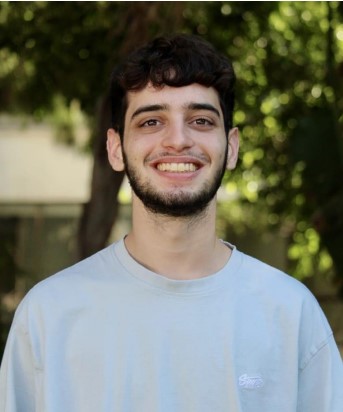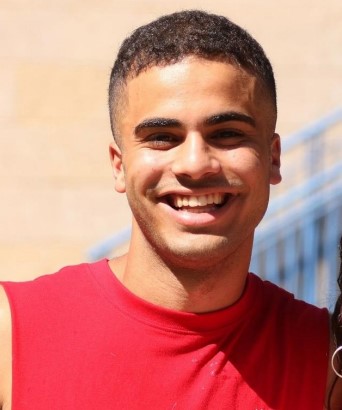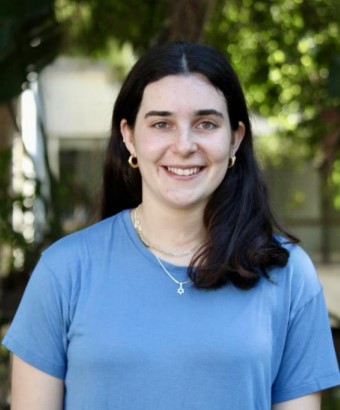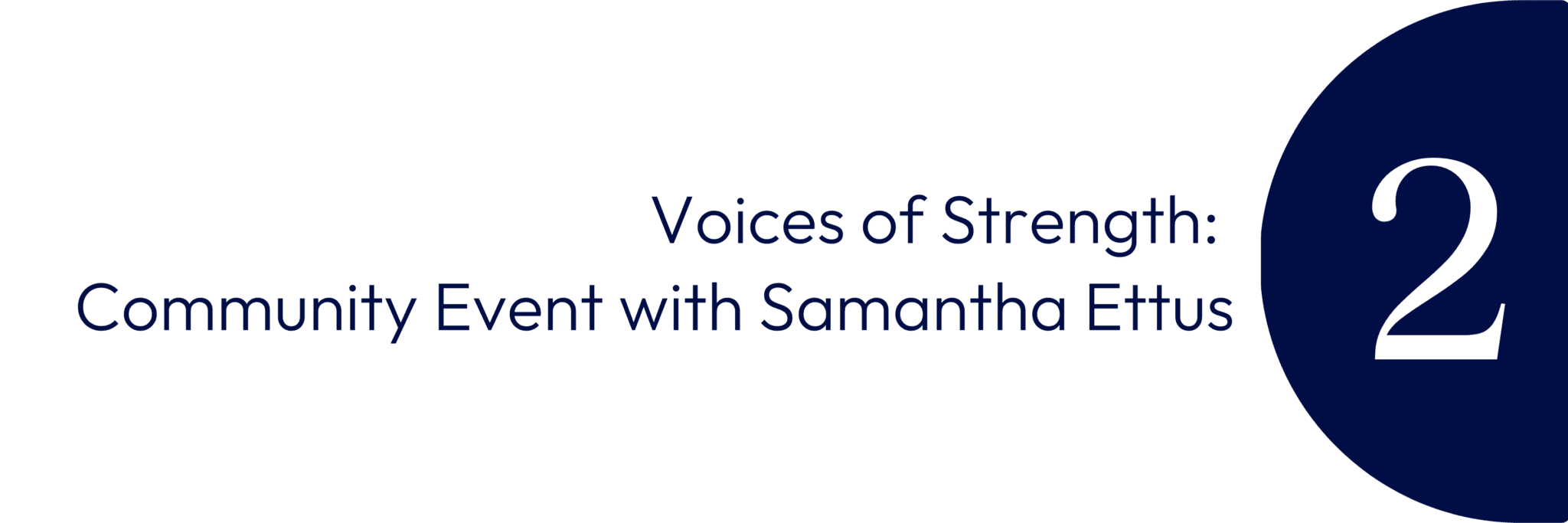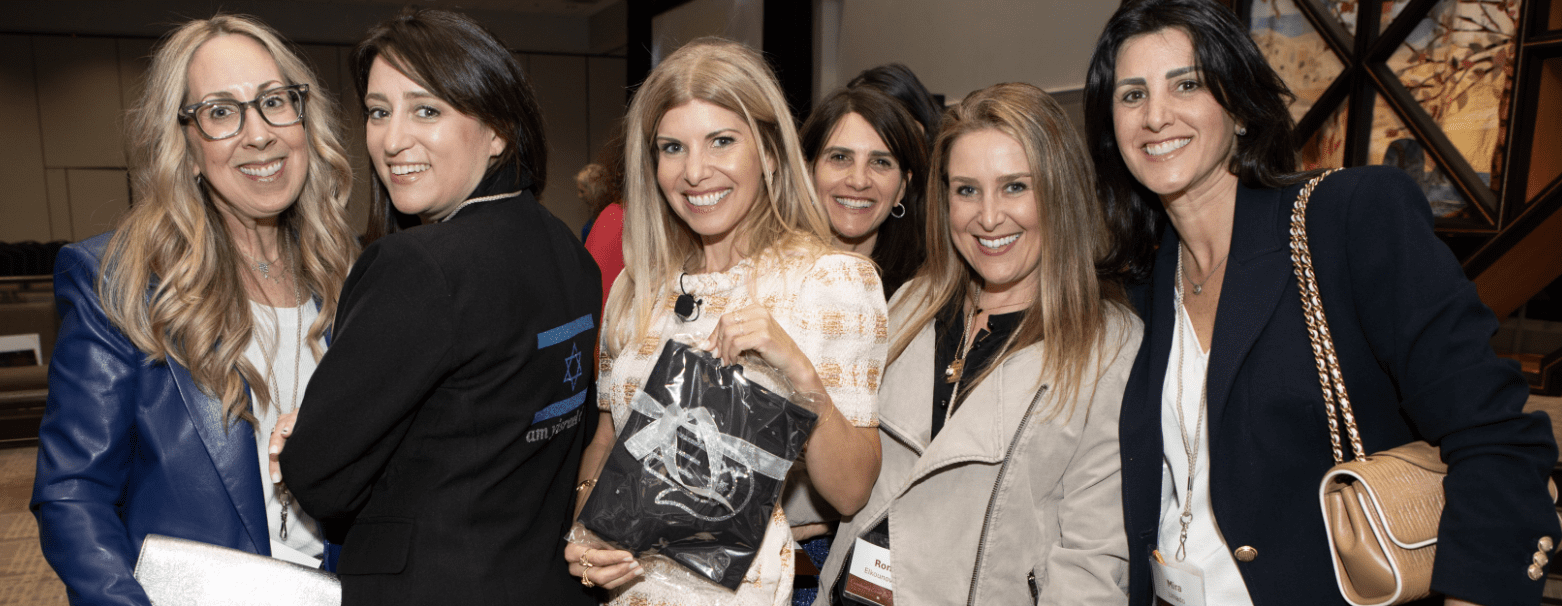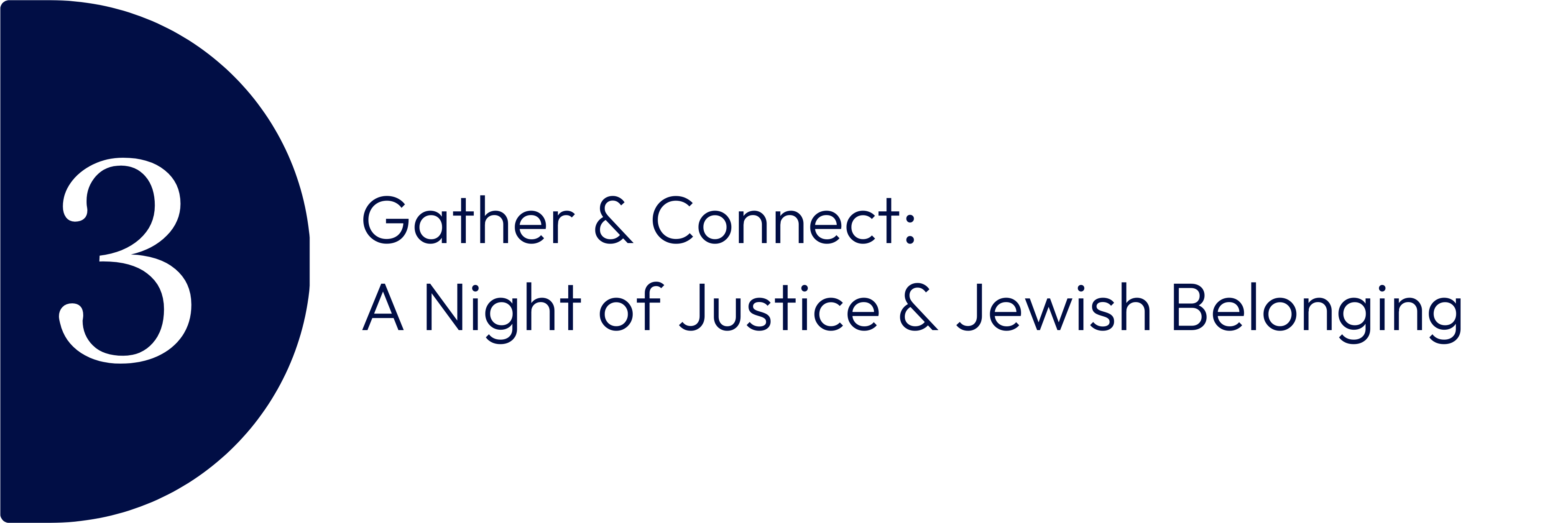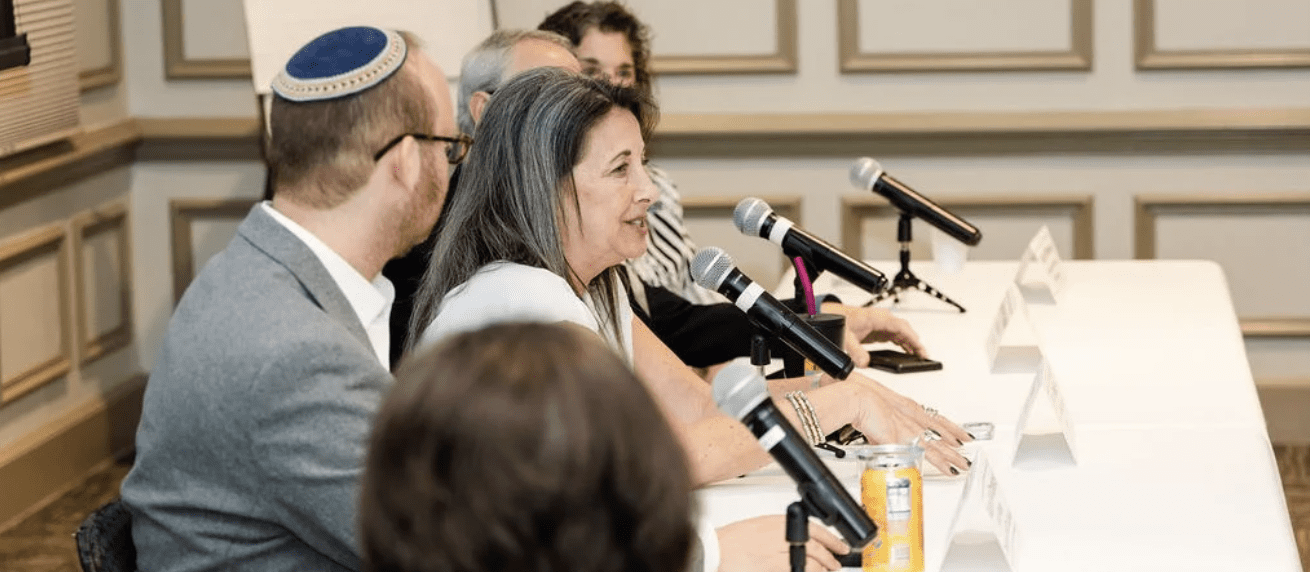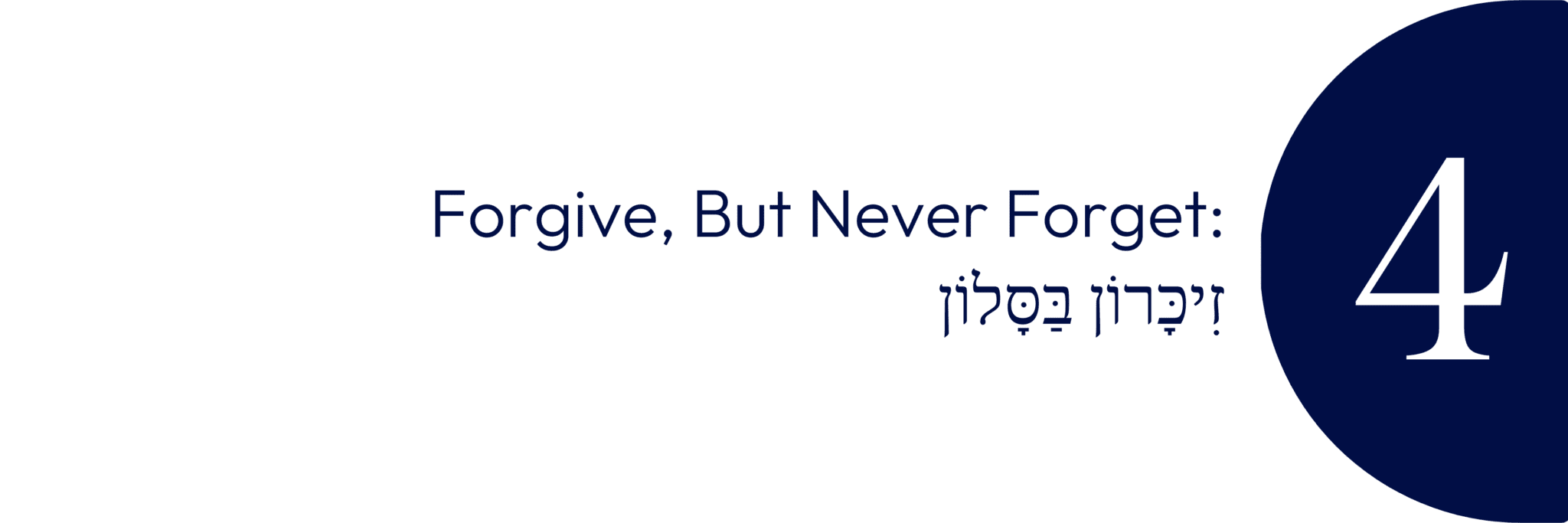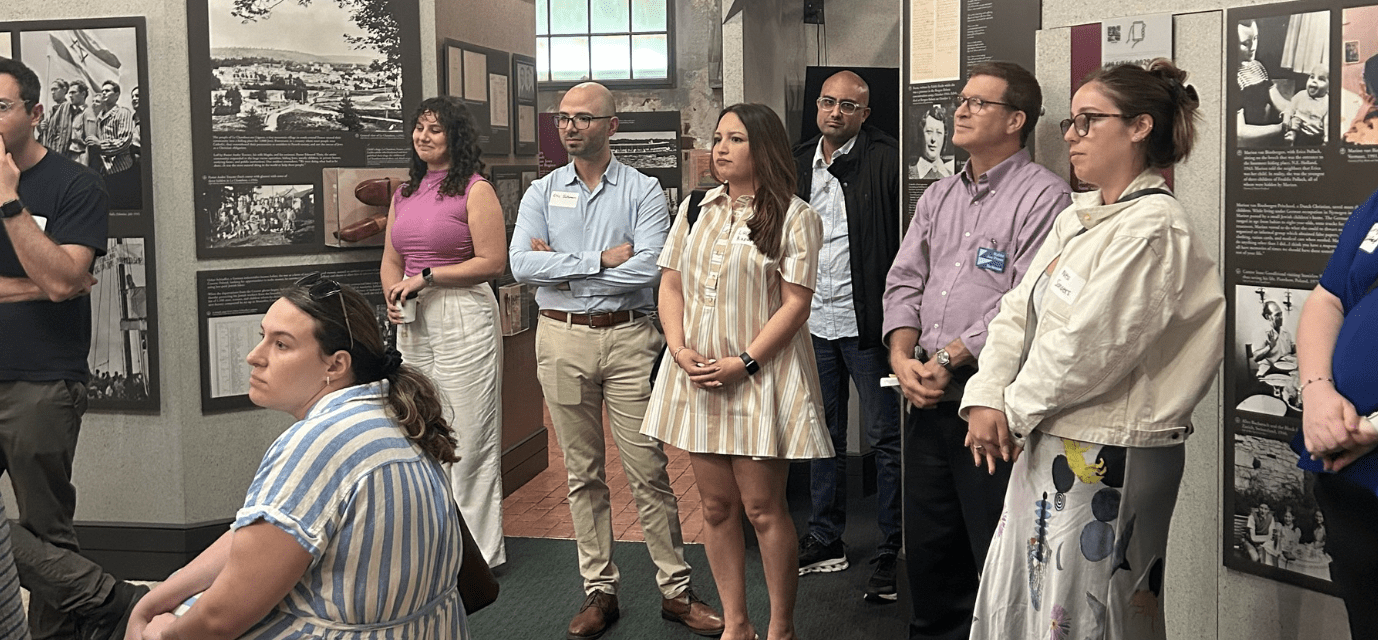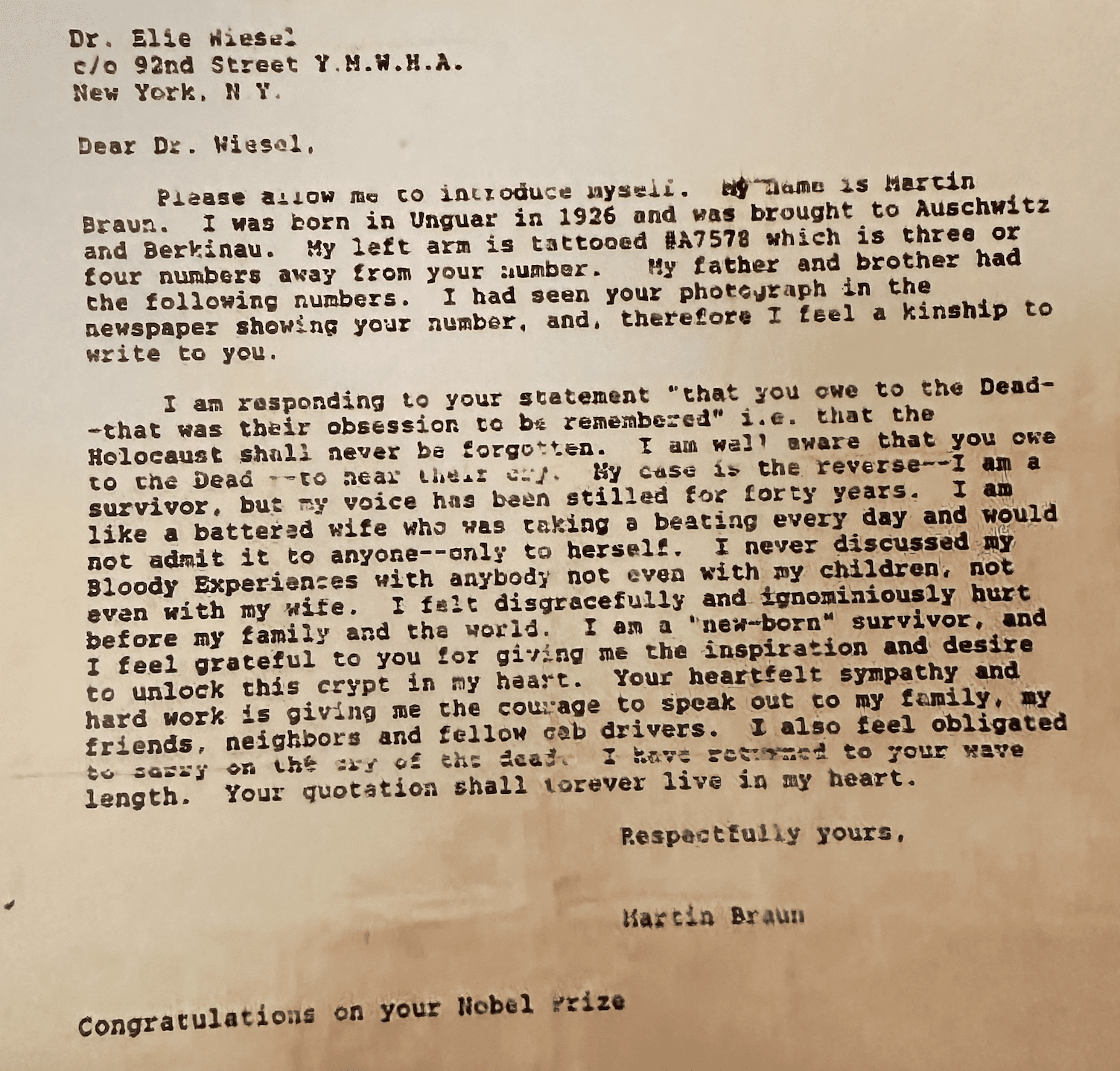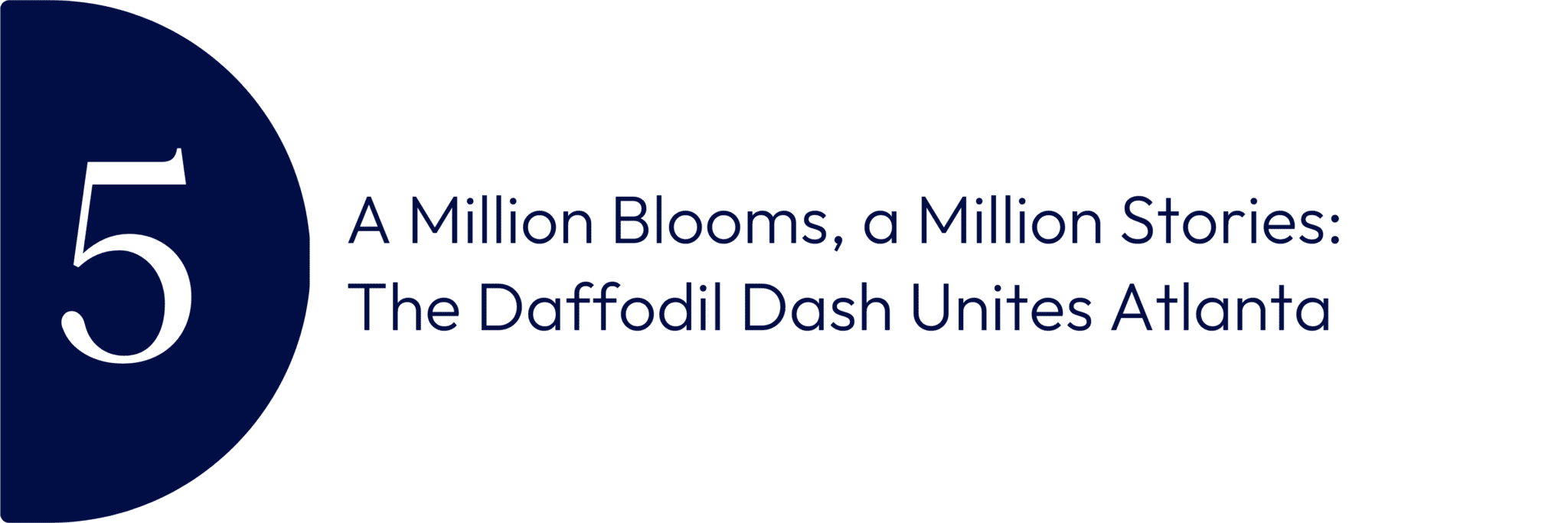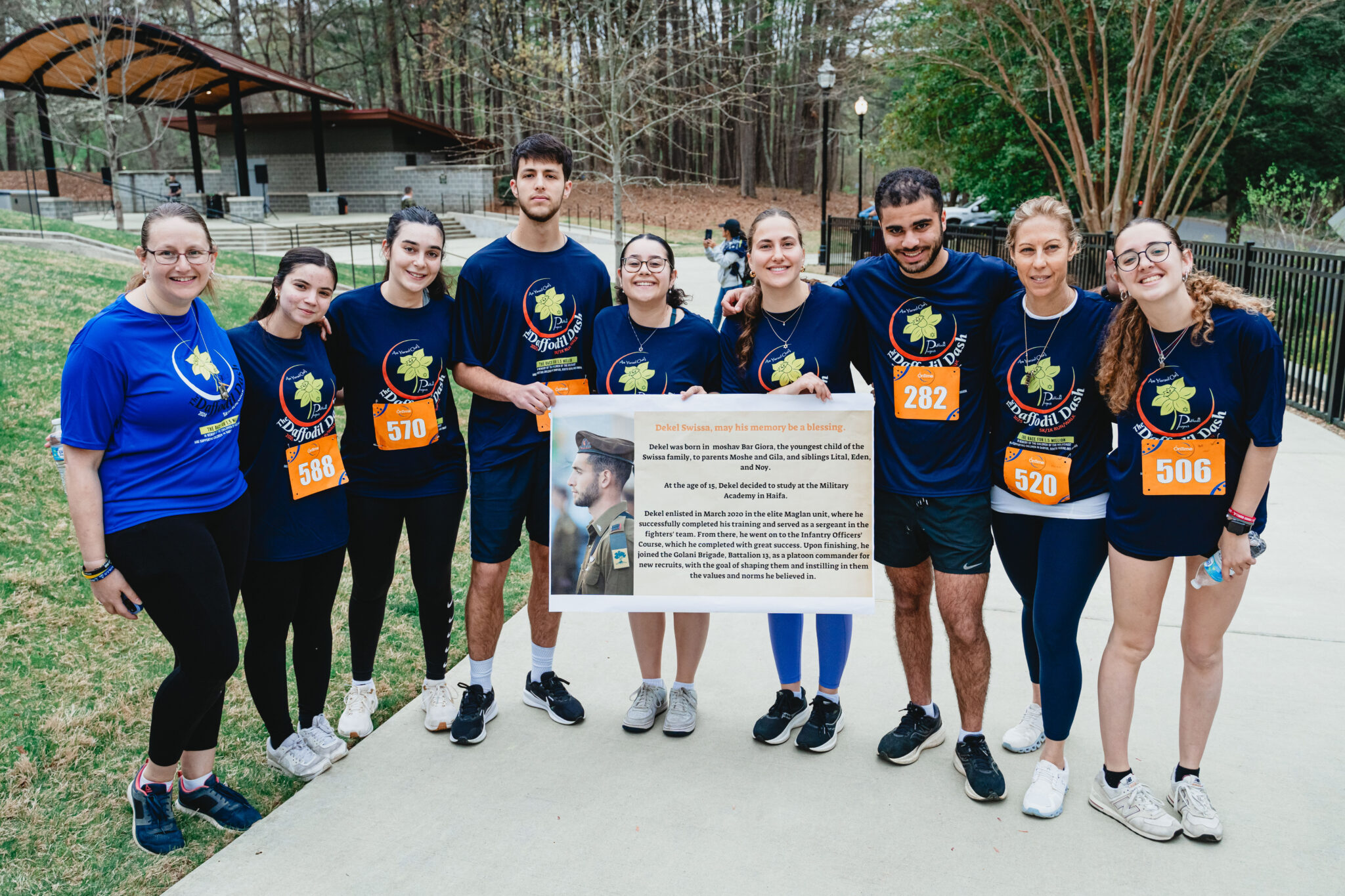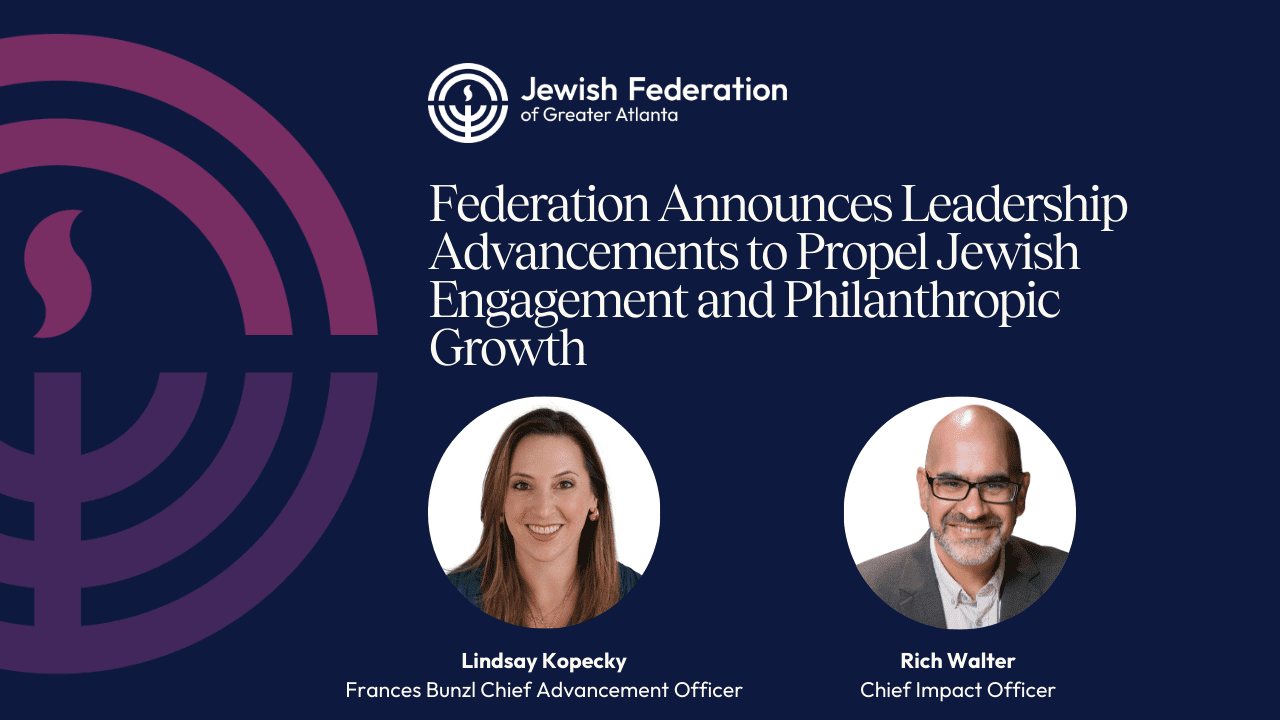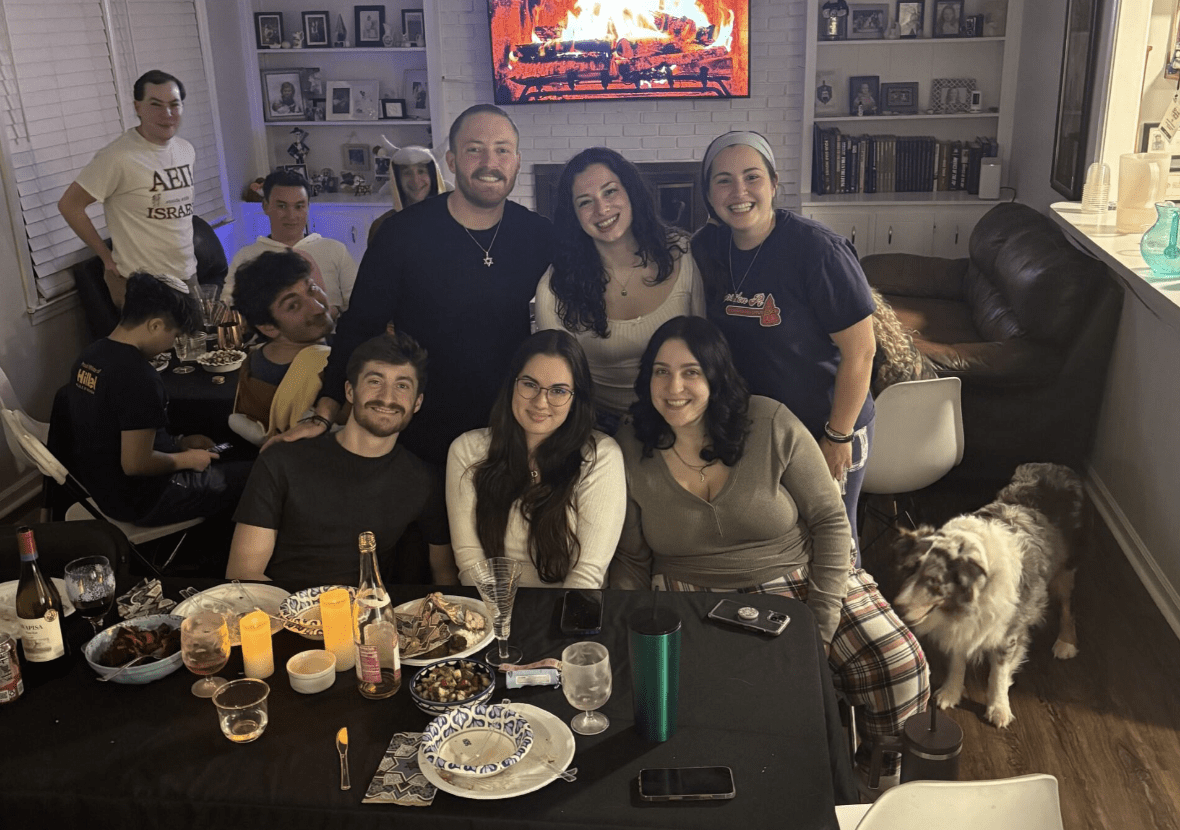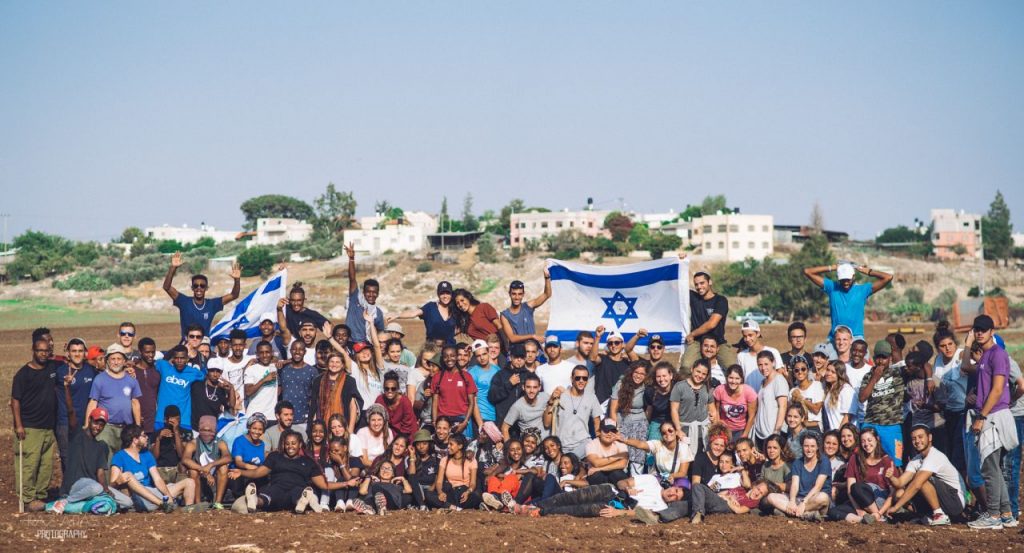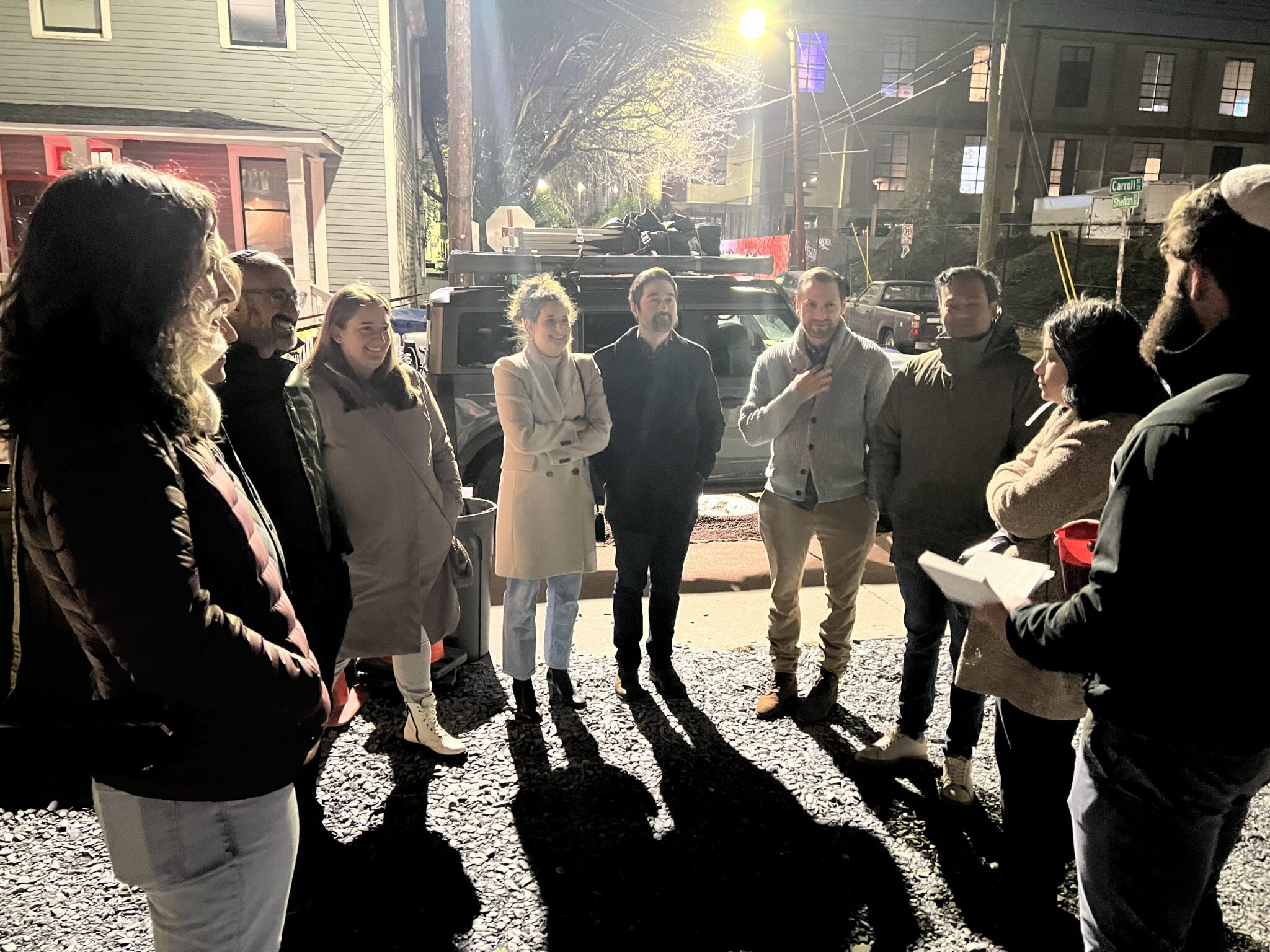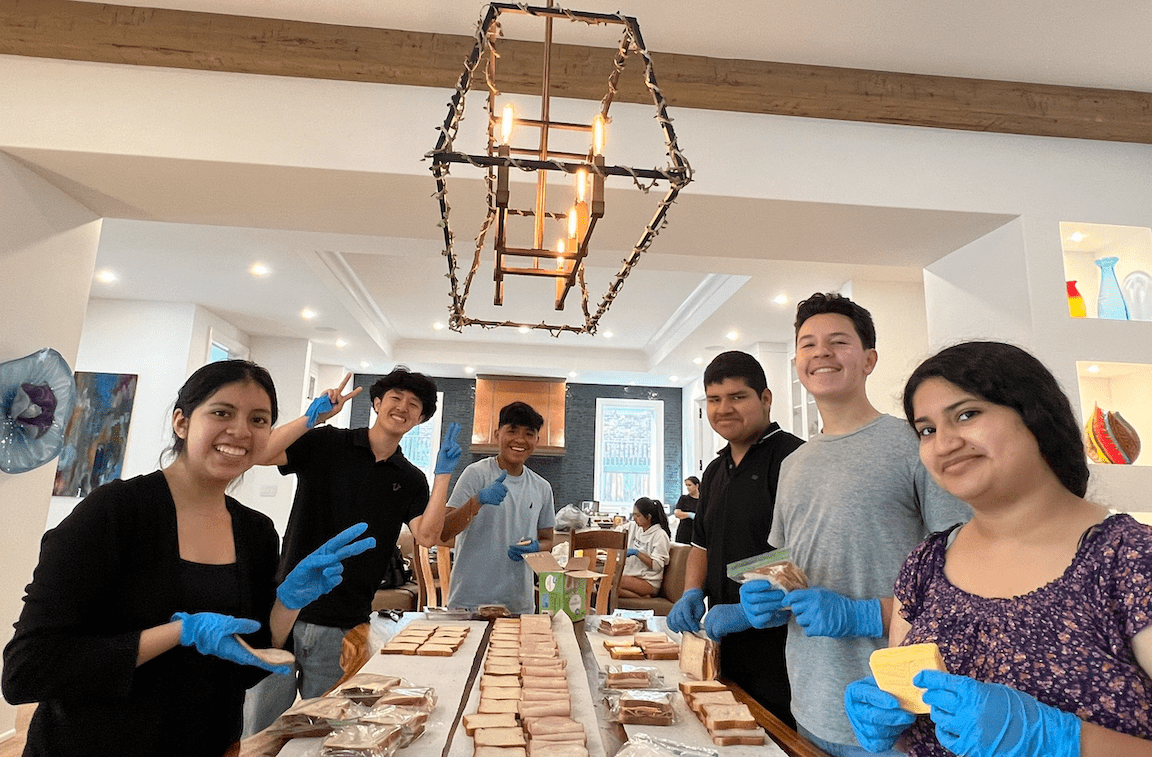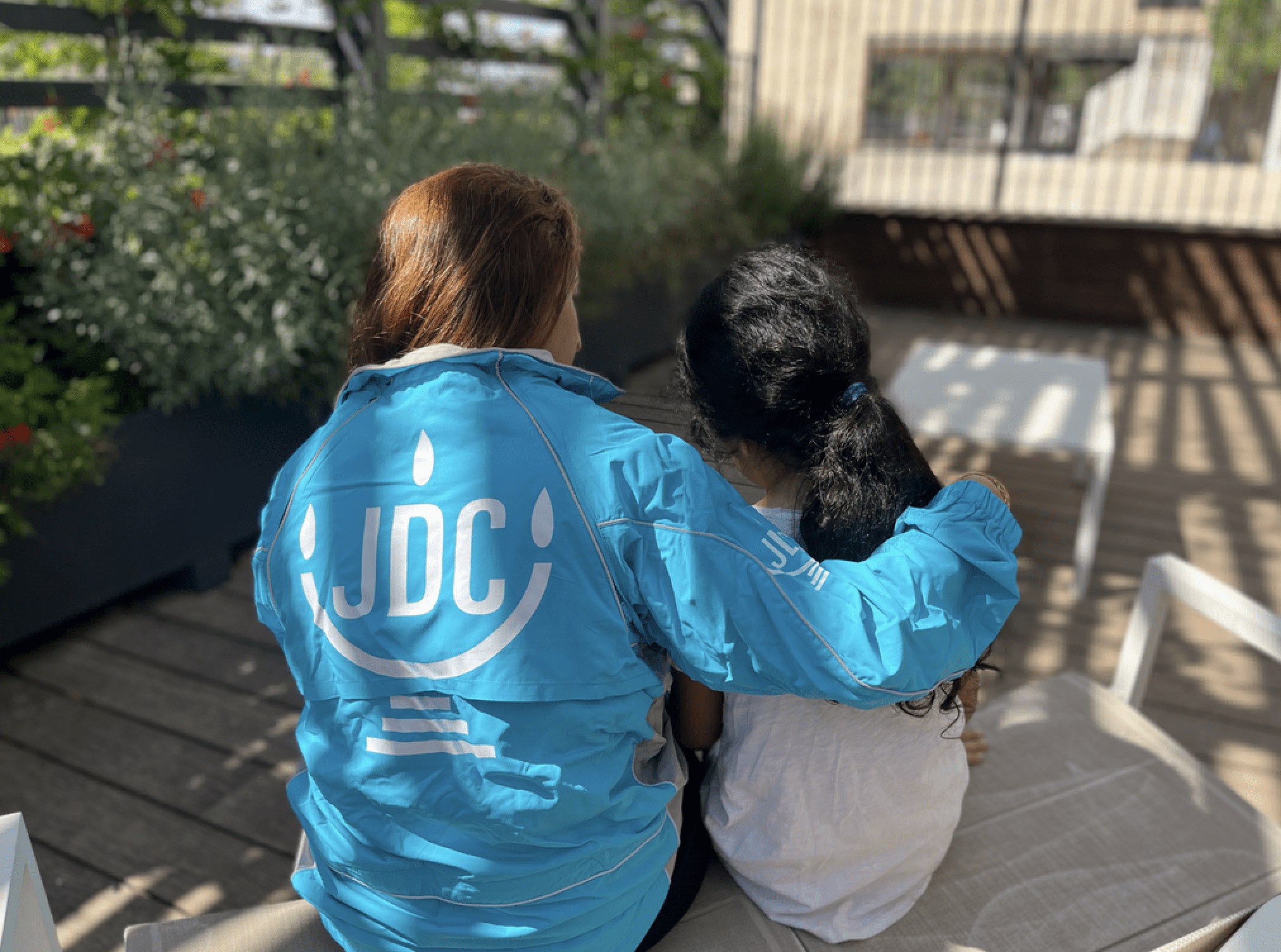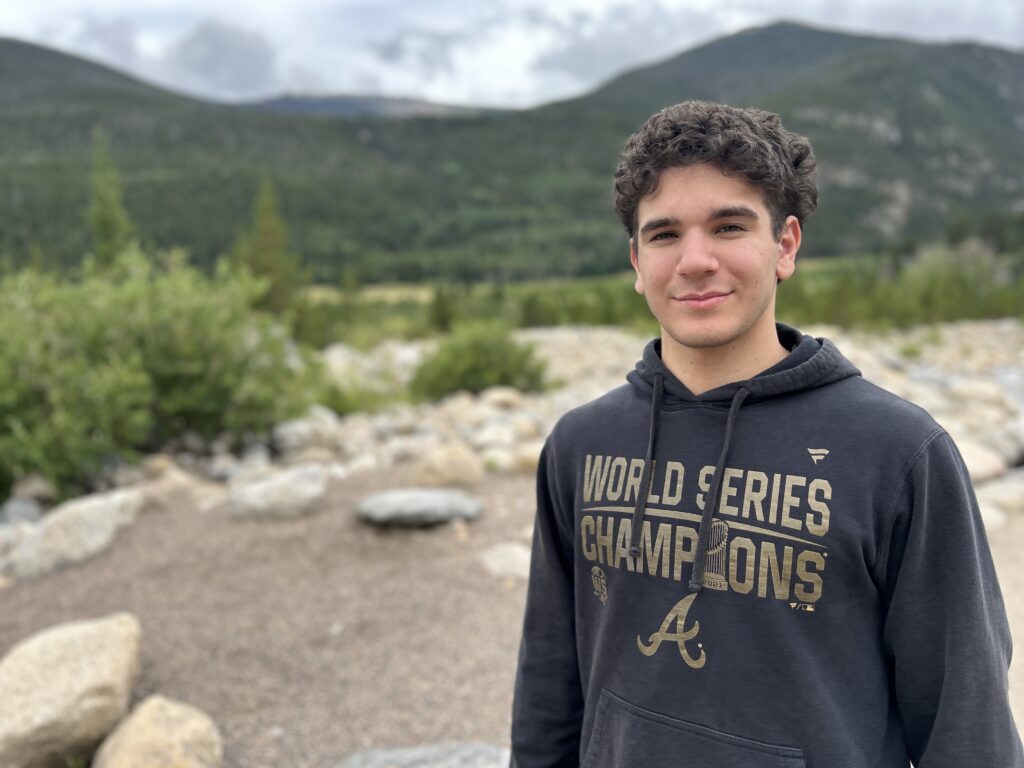
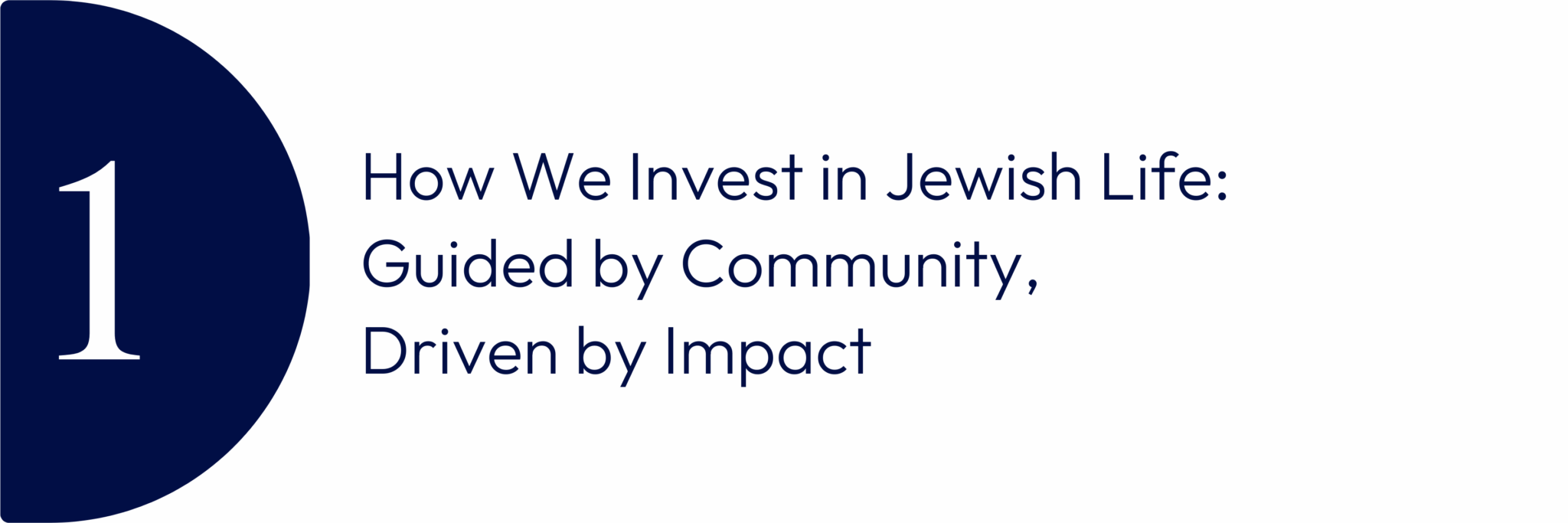
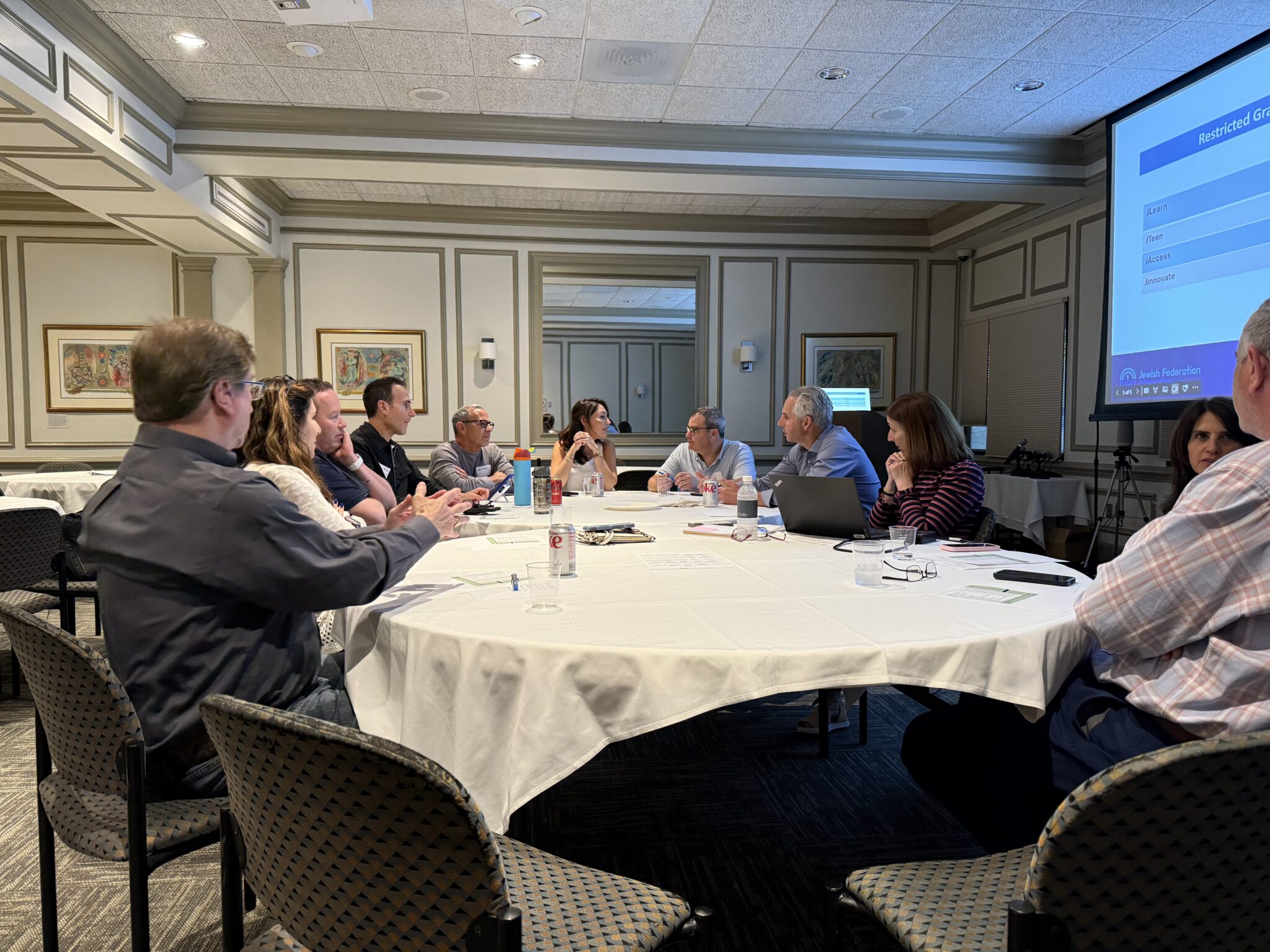
Imagine you were given $10 million and asked to invest it—wisely, thoughtfully, and compassionately—across the entire Atlanta Jewish community. Oh, and don’t forget our brothers and sisters in Israel and around the world. With so many pressing needs—from caring for those in crisis, to supporting Jewish education, to strengthening security and inclusion—how would you begin?
That’s the challenge Federation embraces each year through our Community Planning & Impact (CPI) process. It’s a signature effort that ensures every donor dollar is allocated strategically, with a communal mindset and the advantage of seeing the full spectrum of our community’s needs—as only Federation can. It reflects our belief in collective responsibility and the transformative power of strategic philanthropy.
“My hope is that this annual process—where our dedicated volunteers come together throughout the year to listen, learn, and lead with care—ensures that every communal dollar entrusted to us is allocated with intention, accountability, and compassion,” said Avery Kastin, Chair of the CPI Cabinet. “Their collective wisdom strengthens the fabric of Jewish life today and helps build a more vibrant tomorrow.”
Under the guidance of Federation professionals and lay leaders, seven committees convened, each with a distinct area of focus:
- Core, Domestic, and Global Allocations – Providing sustained funding for local Jewish organizations, as well as those in our partnership region in Israel and the former Soviet Union
- JTeen – Prioritizes teen mental health and leadership development
- JLearn SEEDS (Supporting Excellence in Education in Day Schools) – Funding professional development for day school educators
- JAccess – Champions disability inclusion and accessible community life
- JInnovate – Invests in new, creative initiatives shaping Jewish Atlanta’s future
“This process is grounded in real data and community feedback,” said Annie, Federation’s VP of Planning. “This year, we drew on national studies, held site visits, and responded to critical needs.”
The outcome? Funding decisions that are thoughtful, responsive, and community-driven. One powerful example: this year’s grantmaking included new professional development grants for Jewish day schools, on top of the annual allocations they receive based on student enrollment.
For Avery, the motivation to stay involved is deeply personal: “I believe in the necessity of collective giving and communal responsibility. There are too many needs in Jewish Atlanta to focus on just one cause. By directing resources across the entire ecosystem—locally and globally—I know my dollars and my time are making the broadest and most meaningful impact possible.”
As the FY26 allocations prepare to roll out and a new planning cycle begins, the team is already looking ahead—with a focus on partnership, transparency, and continuous learning. Annie noted that nearly 80 volunteers were involved in this year’s process, offering not just expertise but lived experience from across the community.
“This isn’t a one-size-fits-all process,” she said. “Our volunteers bring diverse perspectives, ask tough questions, and challenge us to do better. Their input helps ensure that our decisions reflect the complexity and nuance of real community needs.”
Want to be part of this sacred work? Federation invites you to give, participate, and help shape the future of Jewish Atlanta.
Interested in joining a grantmaking committee?
Email Annie Garrett at agarrett@jewishatlanta.org.
Will you be part of the impact? jewishatlanta.org/give
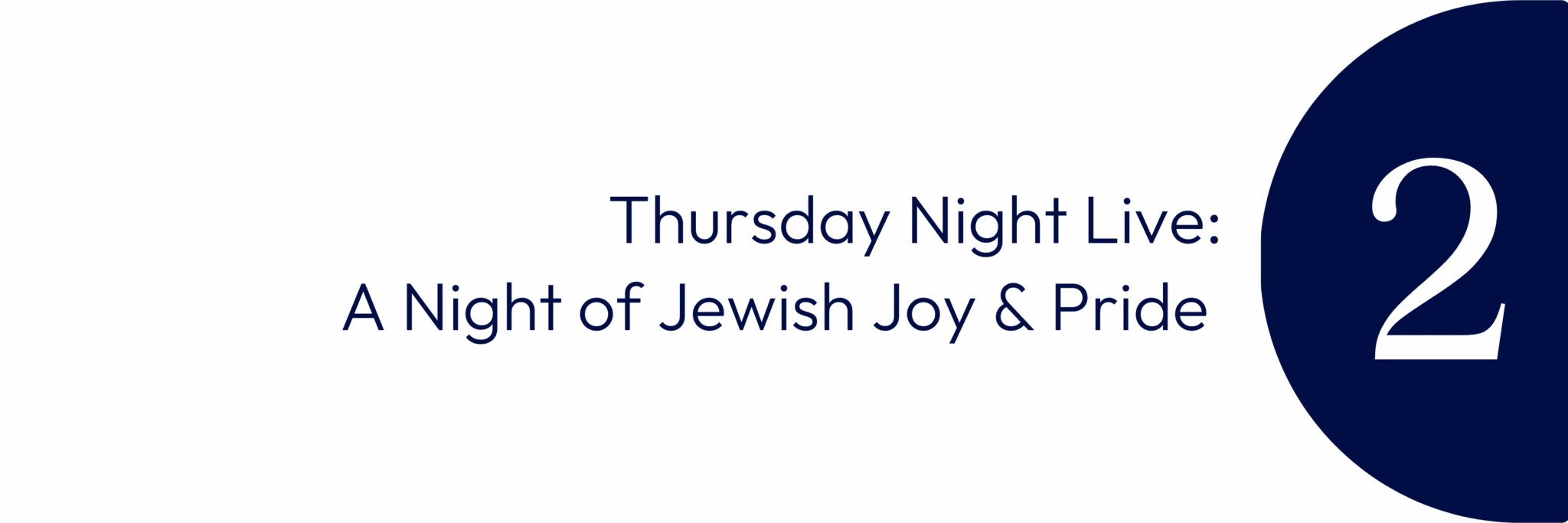
On May 15, nearly 175 Jewish young professionals filled 42 West in Atlanta with energy, laughter, and pride in celebration of Israel’s 77th Independence Day. Presented by Federation’s Young Leadership Division (YLD) and AJC ACCESS Atlanta, Thursday Night Live was more than just an event—it was a vibrant expression of Jewish joy, resilience, and community.
Guests enjoyed kosher hors d’oeuvres, an open bar, and a welcoming space to meet new friends or reconnect with old ones. After hearing from several of our young leaders about what this moment means to them and to Jewish Atlanta, the room stood together for a moving rendition of Hatikvah, led by Rabbi Elizabeth Breit of Congregation B’nai Torah. Then, the mood shifted as Yohay Sponder took the stage, bringing laughter and levity to the room. Known for his sharp wit and unapologetically Jewish humor, the Israeli comedian had the audience roaring. His signature line? “Be you, be a Jew. It’s the least you can do.”
“This is exactly what we’ve been needing,” said Anat Sultan-Dadon, Consul General of Israel to the Southeast. In a year marked by loss, fear, and a global rise in antisemitism, the chance to gather in joy was powerful and healing.
The evening was the result of a close partnership between YLD and AJC ACCESS—and months of thoughtful planning by Camellia Heart-Katz, AJC’s Alexander Assistant Director for Young Leadership, and Becca Langfelder, Federation’s Director of the Young Leadership Division.
“If I could describe the night in one word, it would be joy,” said Becca. “You walked into a room filled with smiles, hugs, and a whole lot of laughter. Our young adults are a powerful voice in the community—they are stepping up, showing up, and celebrating Israel with pride. Joy is at the heart of our Judaism. It’s what carries us through even the hardest of times, and on this night, it was overflowing.”
“What brought us here tonight is a really desperate need for Jewish joy in the young professional community,” said Camellia. “Our young professionals work so hard advocating for Israel, ensuring that Jewish people feel safe in Atlanta and abroad and everywhere across the U.S. We really just deserve a night to laugh and decompress—and to remember that fighting antisemitism is about being proud to be Jewish and finding joy, as much as it is about advocacy and diplomacy and hard conversations.”
For Mark Kaplan, incoming Vice President of the YLD Committee, the event marked another meaningful step on his Jewish journey. “YLD was a great opportunity for both me and my wife to get involved with several organizations and sort of an intro for us into being an active part of the Jewish community,” he said. “It’s really provided us this tentacle network of exposure to different organizations, seeing where philanthropic dollars and efforts in the Atlanta Jewish community are going, and getting to see how the wheel turns to make that happen.”
For many, events like this offer a sense of connection. “We’ve made a great group of friends through YLD,” said Mandie Peled. “That’s why we keep coming back.”
Ben Leschins, AJC Atlanta’s Events and Communications Coordinator, put it simply: “I’m here to celebrate Israel and have a wonderful time with the Jewish community of Atlanta. Laughter and community—that’s what we need right now.”
The evening also included powerful reflections from Hunter Goldberg, an event co-chair. “A single candle can light even the darkest room,” Hunter said. “That light lives in all of us—it’s been passed down through generations of Jews who carried their identity through unimaginable hardship. We owe it to them not just to remember—but to carry it forward.”
For those who had recently returned from a YLD volunteer trip to Israel, that message hit home. “When Israelis heard our American accents, they said, ‘Thank you for being here.’ Just showing up meant the world to them,” Hunter added. “Our support isn’t optional—it’s existential.”
The crowd left uplifted, connected, and energized — carrying forward a spark that will continue to light the way.
Am Yisrael Chai. The Nation of Israel Lives.
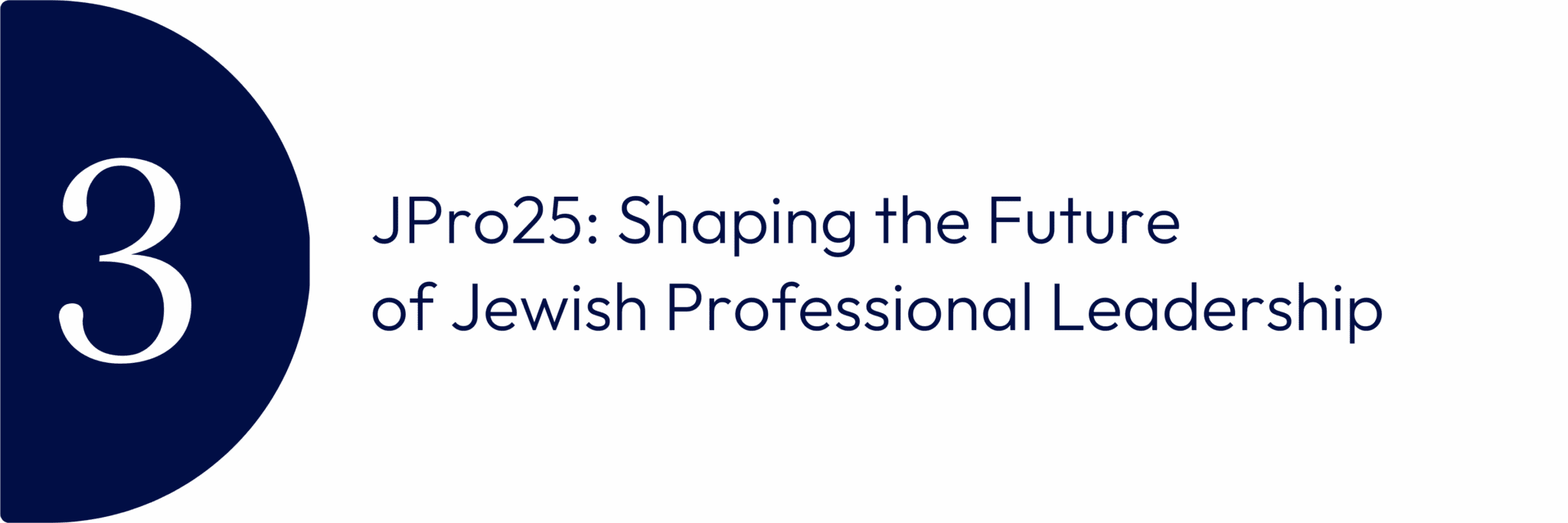
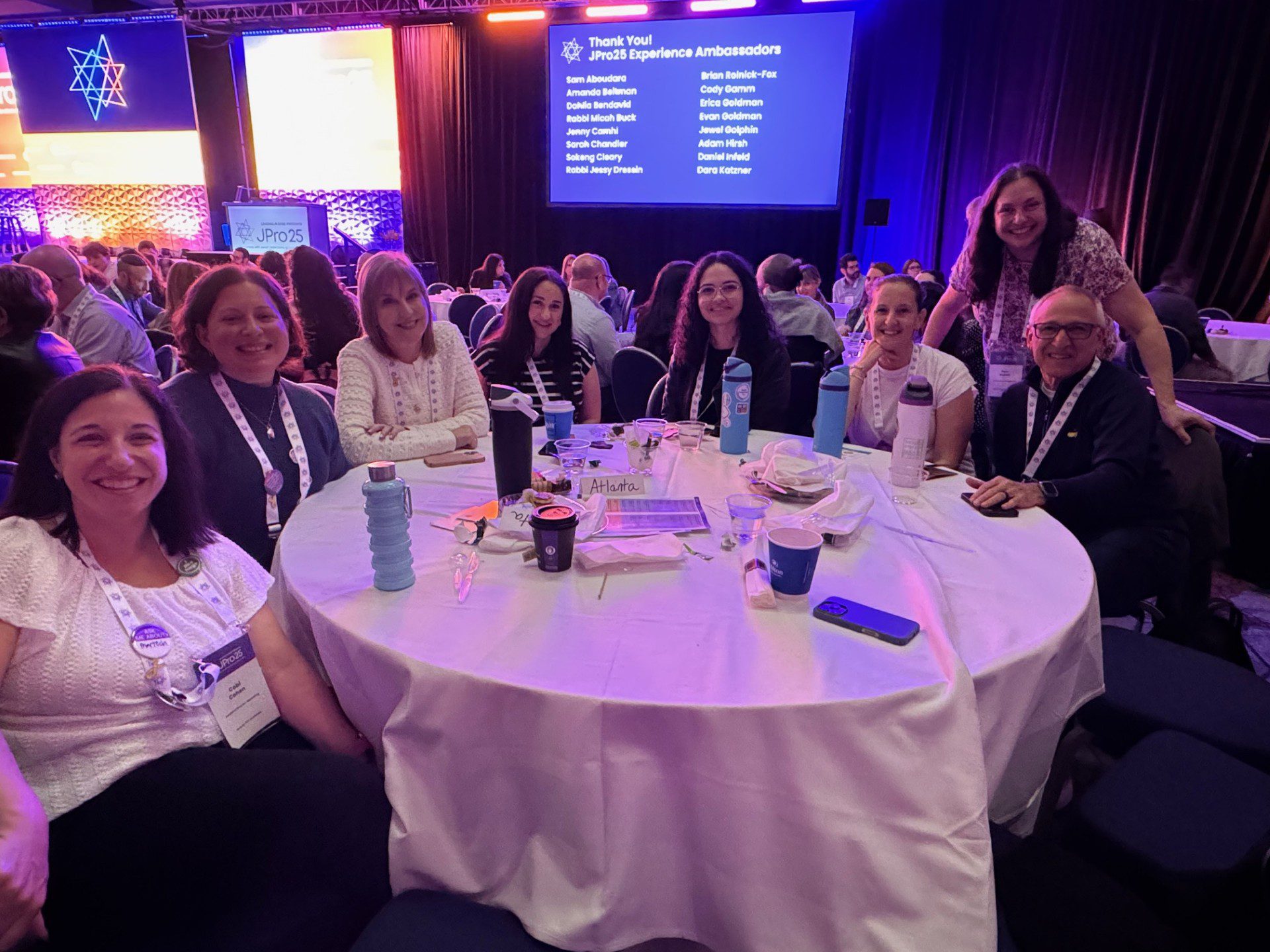
From May 5–7, 2025, over 1,300 Jewish communal professionals from across North America gathered in Baltimore for JPro25, a landmark conference for the Jewish nonprofit sector. Organized by Leading Edge in partnership with the Jewish Federations of North America (JFNA), the event marked the first major gathering since the unification of JPro and Leading Edge earlier this year.
The conference served as a pivotal moment for professionals to connect, share insights, and envision the future of Jewish communal work. Attendees included educators, social service providers, foundation staff, and Federation professionals—who comprised over a third of participants.
The Jewish Federation of Greater Atlanta was proud to have six team members in attendance, contributing to the vibrant exchange of ideas and bringing back valuable insights to our community.
“Traveling to Baltimore as a representative of Jewish ATL at JPro was both an opportunity I could never have imagined and one I’ll never forget,” said Levi Burton, Federation’s Events Manager. “From a Jewish-professional themed comedy show that brought much-needed laughter to site visits that showcased our host community’s unique impact, each moment reinforced the power of Jewish professional connection. I left feeling energized, grateful, and proud to be part of our professional community.”
Gali Cooks, President & CEO of Leading Edge, emphasized the conference’s focus on investing in talent. “There is a growing desire now to invest in talent in the Jewish nonprofit field. The crises of recent years have validated more than ever the need to fully support and value these professionals, and JPro25 reflects that priority.”
The conference addressed the multifaceted challenges facing Jewish professionals, including burnout, antisemitism, and the ongoing impact of global events. Workshops and sessions offered tools and strategies to navigate these complexities, fostering resilience and adaptability within the sector.
JPro25 featured a wide array of programming designed to inspire and equip attendees. Skill-building workshops, interactive Jewish learning, and idea exchanges like the “Steal This” event allowed professionals to gain practical knowledge and share successful initiatives.
Notable speakers included Anne Neuberger, former Deputy National Security Advisor; comedian Alex Edelman; and Daniel Vaknin, a DJ and survivor of the October 7 Nova music festival attack. Their stories added depth to the conference’s exploration of leadership, resilience, and community building.
Site visits during “Experience Baltimore” gave attendees a firsthand look at the local nonprofit ecosystem, highlighting the city’s vibrant Jewish community and fostering cross-regional learning.
Affinity groups and networking opportunities allowed participants to connect with peers who share similar roles, backgrounds, or interests—further strengthening the Jewish professional network.
“I was honored to represent Federation in Baltimore at JPro,” said Carla Birnbaum, Federation’s Director of Community Engagement. “We learn so much from each other, sharing experiences and ideas that are shaping Jewish communities nationwide. The value of coming together with over 1,300 Jewish communal professionals is immeasurable—it’s a chance to collaborate, grow, and return with fresh perspectives and exciting new strategies to implement back in Atlanta.”
As the Jewish Federation of Greater Atlanta continues to invest in the growth and development of our professionals, the insights gained from JPro25 will help inform our strategies and enhance our impact. The conference underscored the importance of collaboration, innovation, and elevating talent to ensure a thriving Jewish future.
We are grateful to our team members who attended JPro25 and look forward to seeing their experiences ripple through our work in Jewish Atlanta.
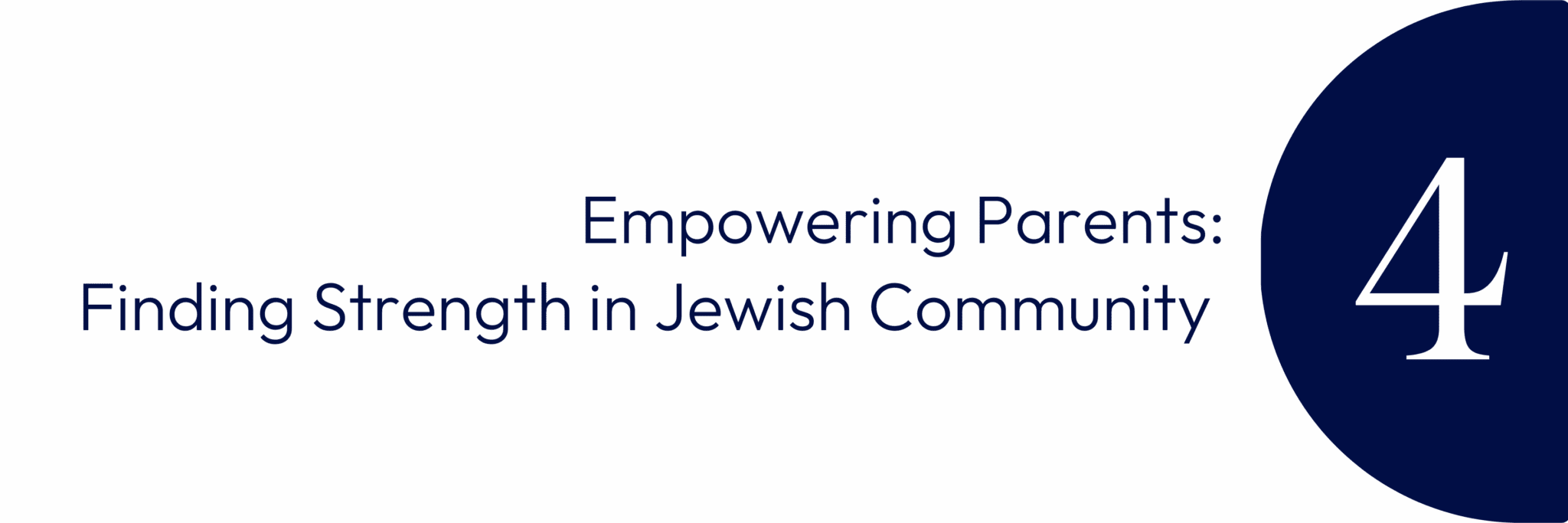

“How is it possible that the happiest person on the planet, the happiest, most joyous soul that any one of us knows, could end his own life?”
This question, posed by Ben Pargman, has echoed through countless hearts in Atlanta’s Jewish community since the loss of his son, Manny, just five months ago. Manny, a vibrant teen known for his humor, warmth, and musical talent, died by suicide — leaving a wake of grief, confusion, and urgent resolve.
In response, Ben launched Manny’s Band Foundation, a mental health initiative aimed at preventing youth suicide by harnessing the power of music, creativity, and authentic conversation. Manny’s Band provides youth suicide prevention training, teacher and mentor support, and awareness campaigns that educate and inspire action.
Within just 30 days of its launch, Manny’s Band reached over 100,000 views, drew in more than 4,000 band members, and mobilized 500 volunteers. Ben’s message is bold: “As a member of Manny’s Band, you are going to help change how we talk to our kids and our friends about mental health, depression, and suicide.”
The community’s energized response underscores the urgent need for mental health support. Today, one in five U.S. adults experience mental illness each year. One in six youth have a mental health condition, but only half receive treatment. 50% of all lifetime mental illness begins by age 14, and 75% by age 24. In 2022, 22% of high school students seriously considered suicide.
“COVID brought a lot of things up, and if you look historically, you unfortunately see the trends increasing, particularly with young people,” said Gabby Spatt, Vice President of Philanthropy at the Hirsch Family Fund and long-time Jewish Federation and Foundation supporter. “But I think Atlanta is a leader in Jewish mental health training, education, awareness, and community engagement. Faith plays a big role in healing, and Judaism sets us up to take care of our people. It’s a mitzvah.”
This week, our community gathered for two events focused on mental health. At Temple Sinai, families attended “Beyond the Silence”, hosted by the Blue Dove Foundation and BeWell ATL, featuring personal stories and testimony from those – including the Pargmans – who have lived through loss and found purpose in healing. That same day, Jewish Family & Career Services held “Shifting Perspectives: Understanding Neurodiversity”, a session led by Jenna Sommer that emphasized embracing diverse ways of thinking, to help young people thrive.
“We’re incredibly proud to have played such a critical role in bringing the BeWell initiative to life here in Atlanta,” said Ghila Sanders, Vice President of Philanthropic Advisory. “Through our Funders Collaborative, we helped secure vital support for JF&CS and the broader community at a time when youth mental health needed it most.”
Much of the momentum behind this work traces back to the Hirsch family, whose trailblazing investment in mental health has transformed the landscape. “The Hirschs were doing mental health before anyone else,” Gabby explained. “Their focus has always been on clinical care—providing real services for real people who otherwise couldn’t access them.”
Rooted in Jewish values and driven by their own experience with a child facing complex mental health issues, Michele and David Hirsch created a vision to help families access quality care. That vision became action. Locally, their work includes the Peaceful Family Fund—a partnership between JF&CS and the Jewish Interest-Free Loan Association—which covers the cost of inpatient mental health treatment, sometimes even travel, for families seeking specialized care not available in Atlanta. The Hirschs also made a $10 million gift to Children’s Healthcare of Atlanta, supporting a groundbreaking outpatient clinic for children with complex neuropsychiatric conditions. Located within the Zalik Behavioral Health Center, the clinic eliminates the burden of navigating the mental health system by coordinating personalized care, case management, and specialists under one roof. “It’s a total game changer.” said Spatt. “Parents don’t have to wait six months or hunt for clinicians—it’s all done for them. And it’s the first clinic of its kind in the country.”
The Hirsch Family’s work doesn’t stop at Atlanta’s borders. In Israel, their fund has supported Clubhouse Israel’s young adult mental health program, contributed to First Line Med – an initiative offering subsidized mental health services across Israel, and funded clinical social workers stationed in Thailand for post-October 7 trauma recovery. “I mean, what other country do you know of that will send clinical licensed social workers to another country to take care of their people? Only Israel does that.”
As we mark Mental Health Awareness Month, we honor Manny’s memory, elevate the work of philanthropists like the Hirschs, and commit to conversations that save lives. “I lost my younger sister to mental illness,” Gabby shared, “and that’s what’s propelled me into this work. The question is, how do we inspire, teach, and coach to realize how important mental health is before you lose somebody close to you? I think this is what people like Michele, David, and Ben are trying to do. Get the community involved before it’s too late.”
When asked what advice she would give to parents around mental health, Gabby replied “Educate yourself. Listen to your children. And remember it’s OK to ask friends questions or to share something, because nine out of ten times other people will have the same experience.”
Atlanta Jewish Foundation fundholders can support the Peaceful Family Fund and the Manny Pargman Mental Health Education Fund through a grant to JF&CS. Visit your donor portal today to make an impact.
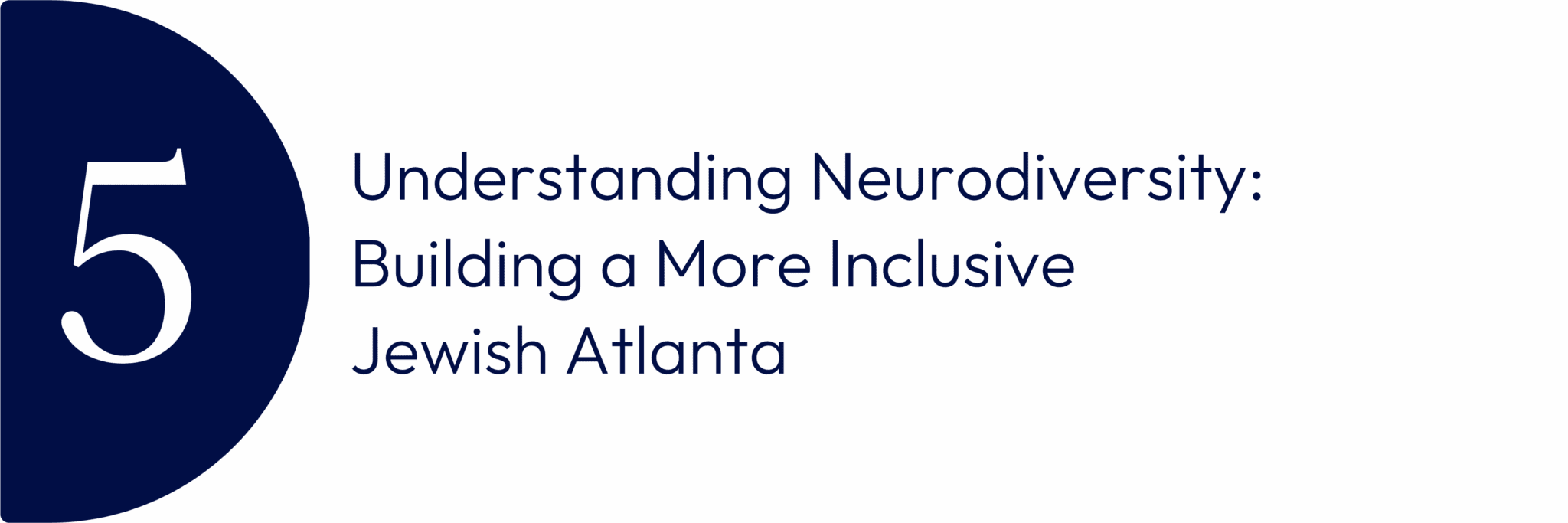
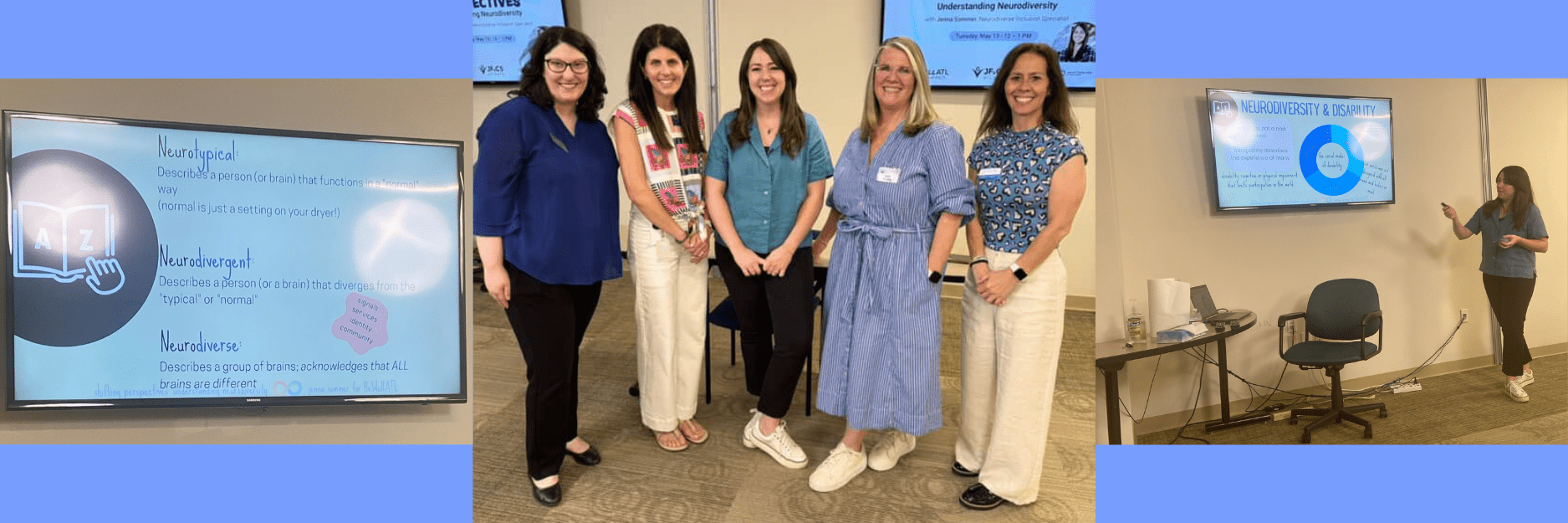
May is Mental Health Awareness Month—a powerful reminder that mental wellness and belonging go hand in hand. Here at Federation, inclusion isn’t a side effort—it’s a core value. That’s why Federation’s JAccess initiative is committed to creating a Jewish community where everyone can fully belong and participate.
As part of Federation’s broader recognition of Mental Health Awareness Month, JAccess joined forces with BeWellATL, an initiative of JF&CS that works to destigmatize mental health in the Jewish community, to explore how inclusion and mental wellness go hand in hand, especially for neurodivergent individuals.
Together, they hosted a dynamic professional development workshop led by Jenna Somers, a Jewish occupational therapist and inclusion expert. The session introduced attendees to the concept of neurodiversity—the idea that neurological differences like autism, ADHD, and dyslexia are not deficits, but natural variations in how human brains function.
Jenna shared stories, strategies, and research that underscored a vital message: inclusion benefits everyone. “When we design environments with neurodivergent individuals in mind, we create spaces where all people can thrive,” said Amy Murphy, Federation’s Director of JAccess.
The workshop also emphasized that the responsibility to change shouldn’t fall on individuals with disabilities. Instead, communities, institutions, and systems must adapt to meet diverse needs—reimagining what participation, success, and belonging look like in Jewish spaces.
Attendees walked away with new insights and a clear call to action: real inclusion means rethinking our norms, removing unnecessary barriers, and embracing difference not as something to accommodate, but something to value.
JAccess is putting these ideas into practice year-round. In partnership with Children’s Healthcare of Atlanta and the Marcus Autism Center, Federation launched a Preschool Disability Inclusion Project, working with four local Jewish early childhood centers to improve inclusive practices. The project delivered 48 targeted coaching sessions and several site-wide trainings focused on early identification of autism, classroom strategies, and family support.
Building on that success, Federation will launch a groundbreaking Parent Disability Leadership Cohort this fall. Running from September through February, the program will equip parents of children with disabilities to advocate with confidence and envision a fully inclusive Jewish future—for their families and the broader community. Stay tuned for details on how to apply.
This work also extends globally. On June 25, Federation and Temple Sinai will host an evening with Shalva, Israel’s leading disability support center, featuring a photography exhibit titled A Lens Through War. The event will spotlight how Shalva supported individuals with disabilities during times of crisis, reinforcing the global importance of inclusive care.
As mental health awareness continues to gain momentum, Federation remains committed to addressing stigma, expanding access, and ensuring that no one in Jewish Atlanta feels left out or left behind.
Join us June 25 for Through the Lens of War, a moving photography exhibit presented in partnership with Shalva.
Register now ›
